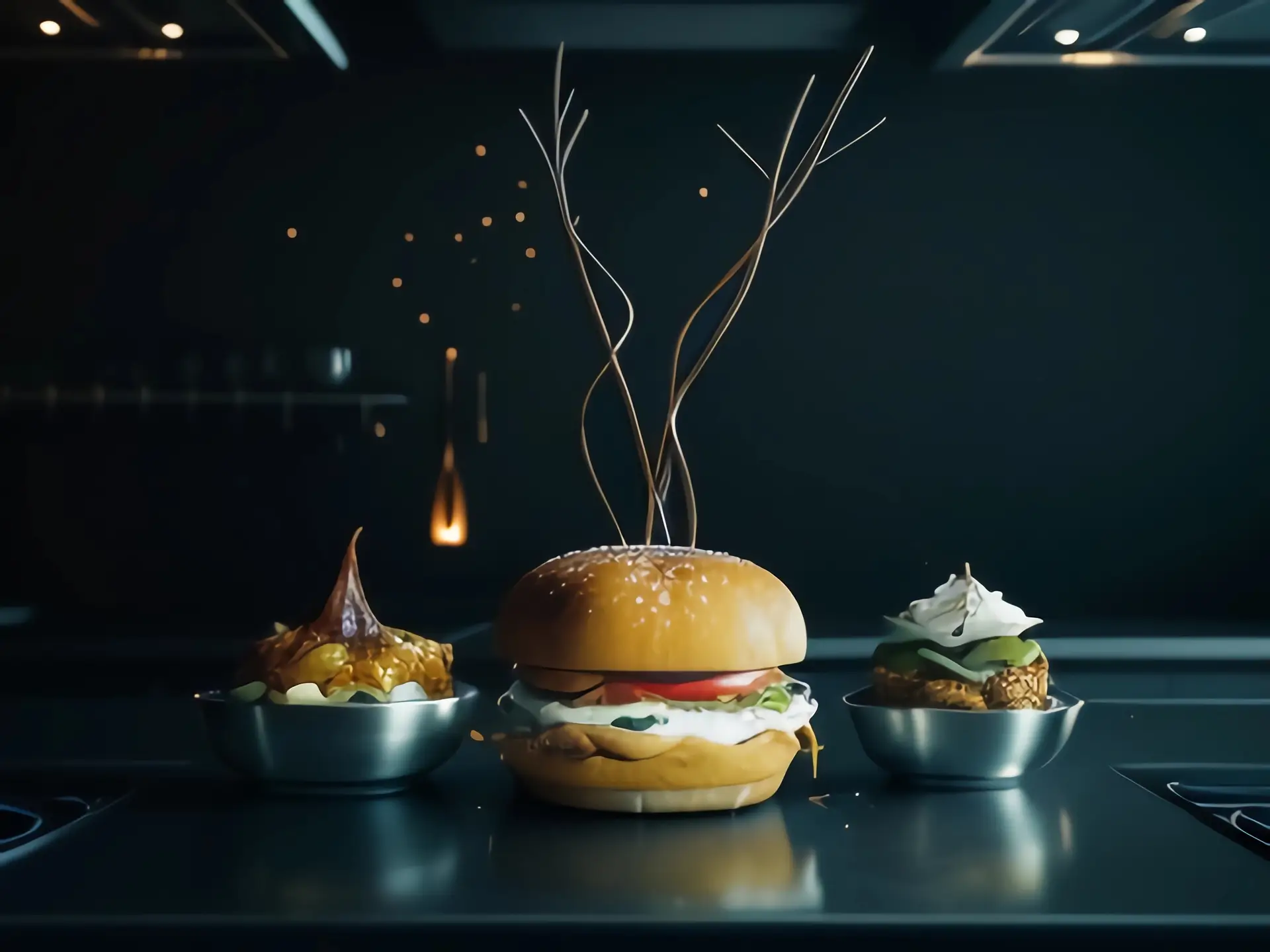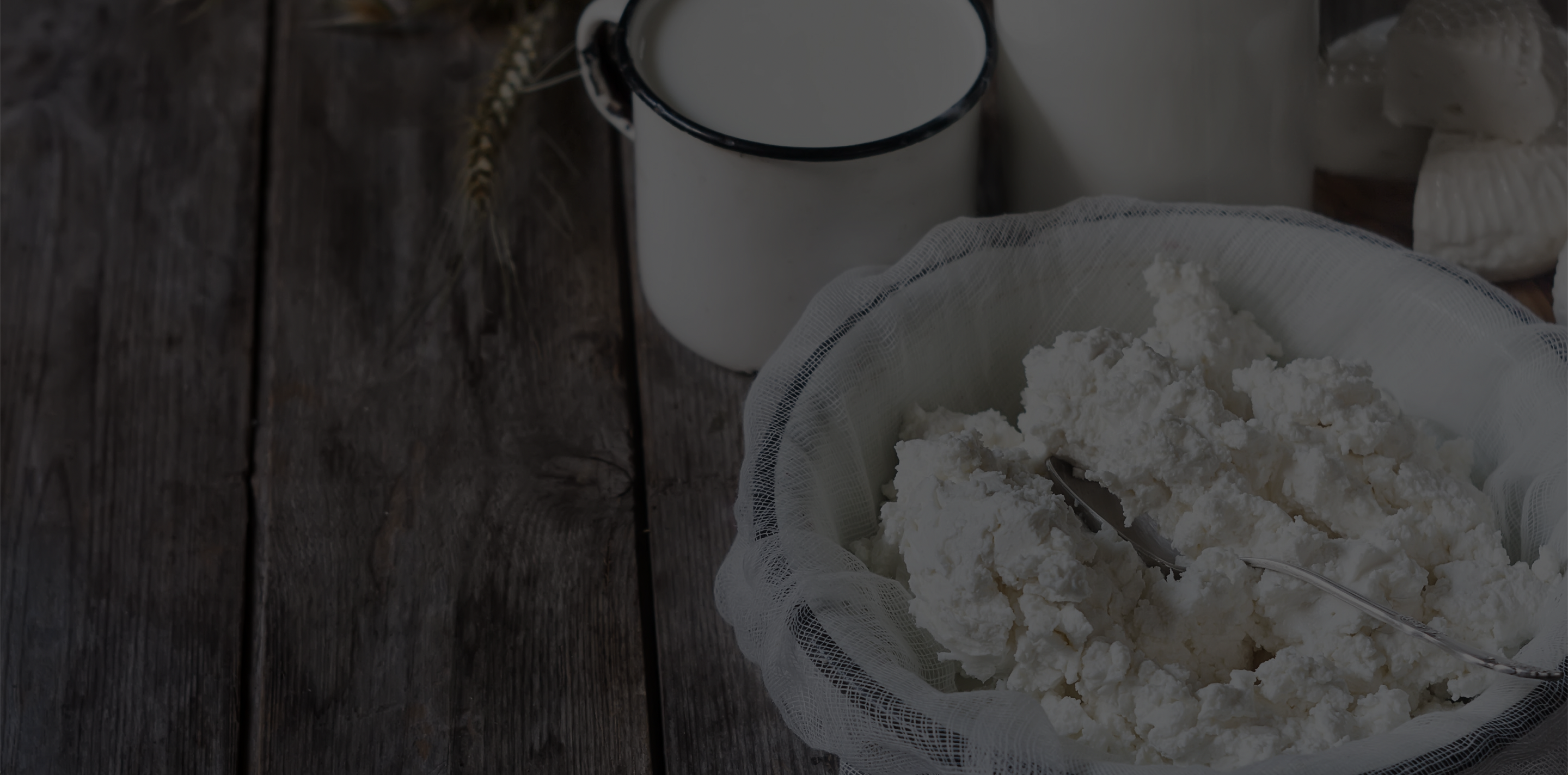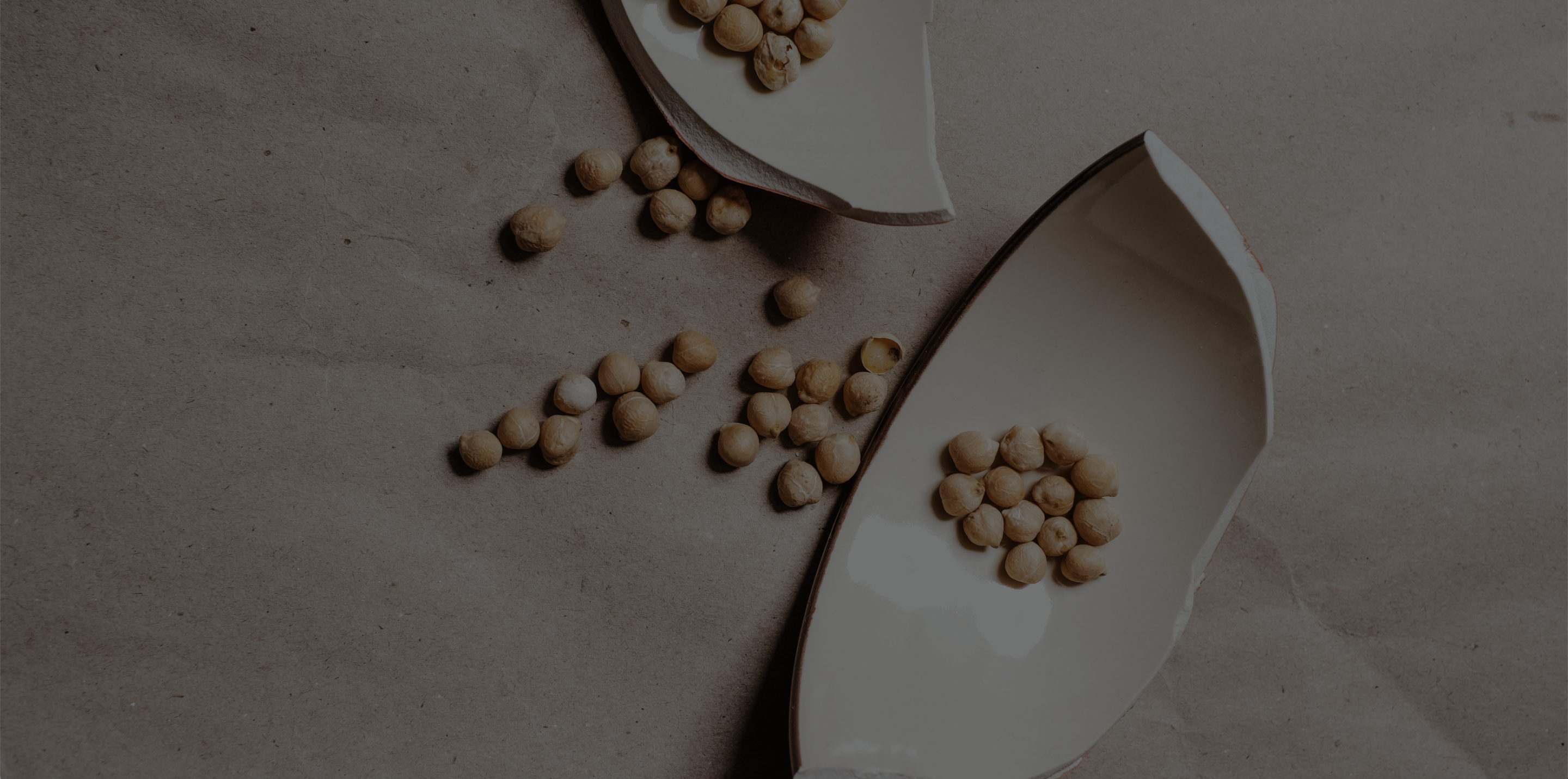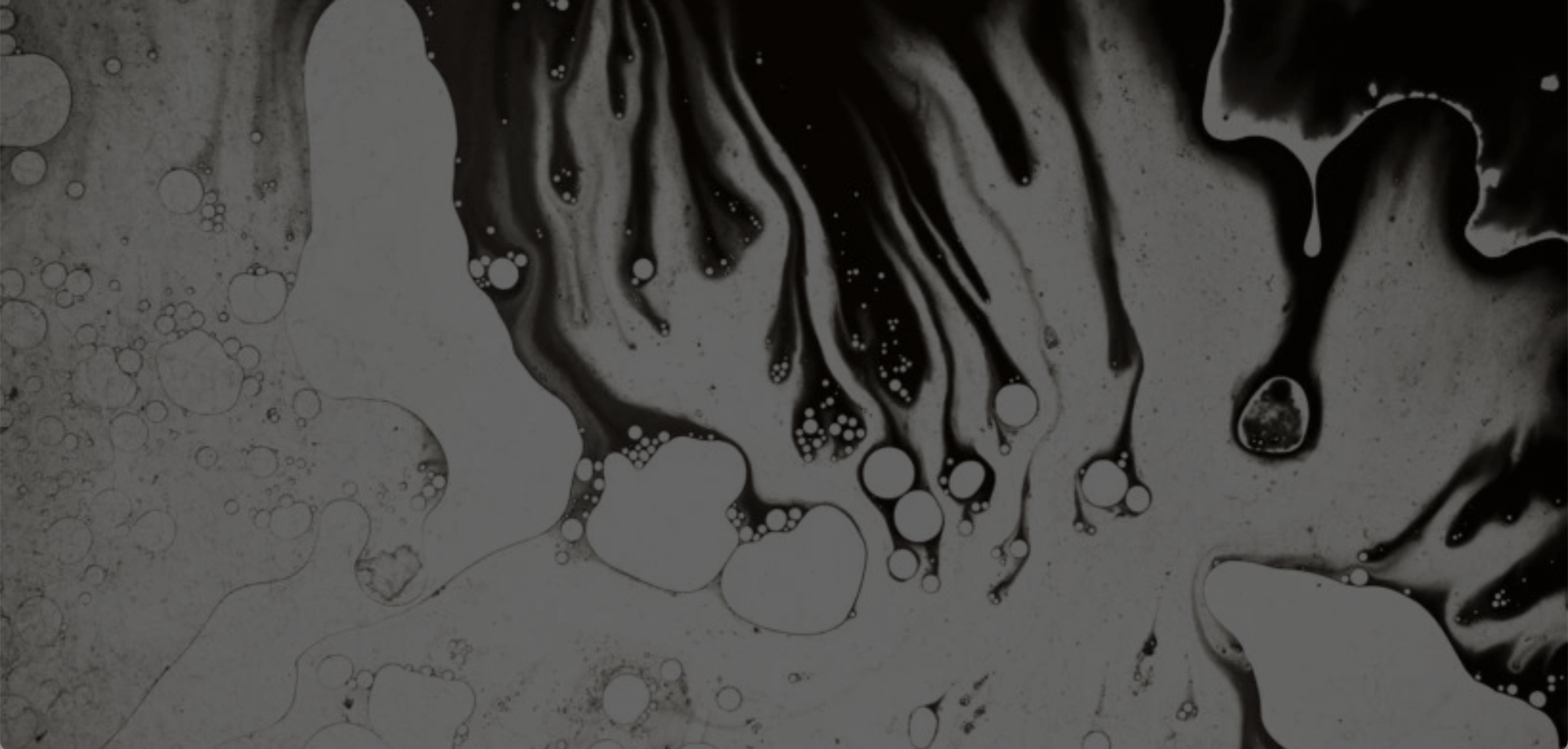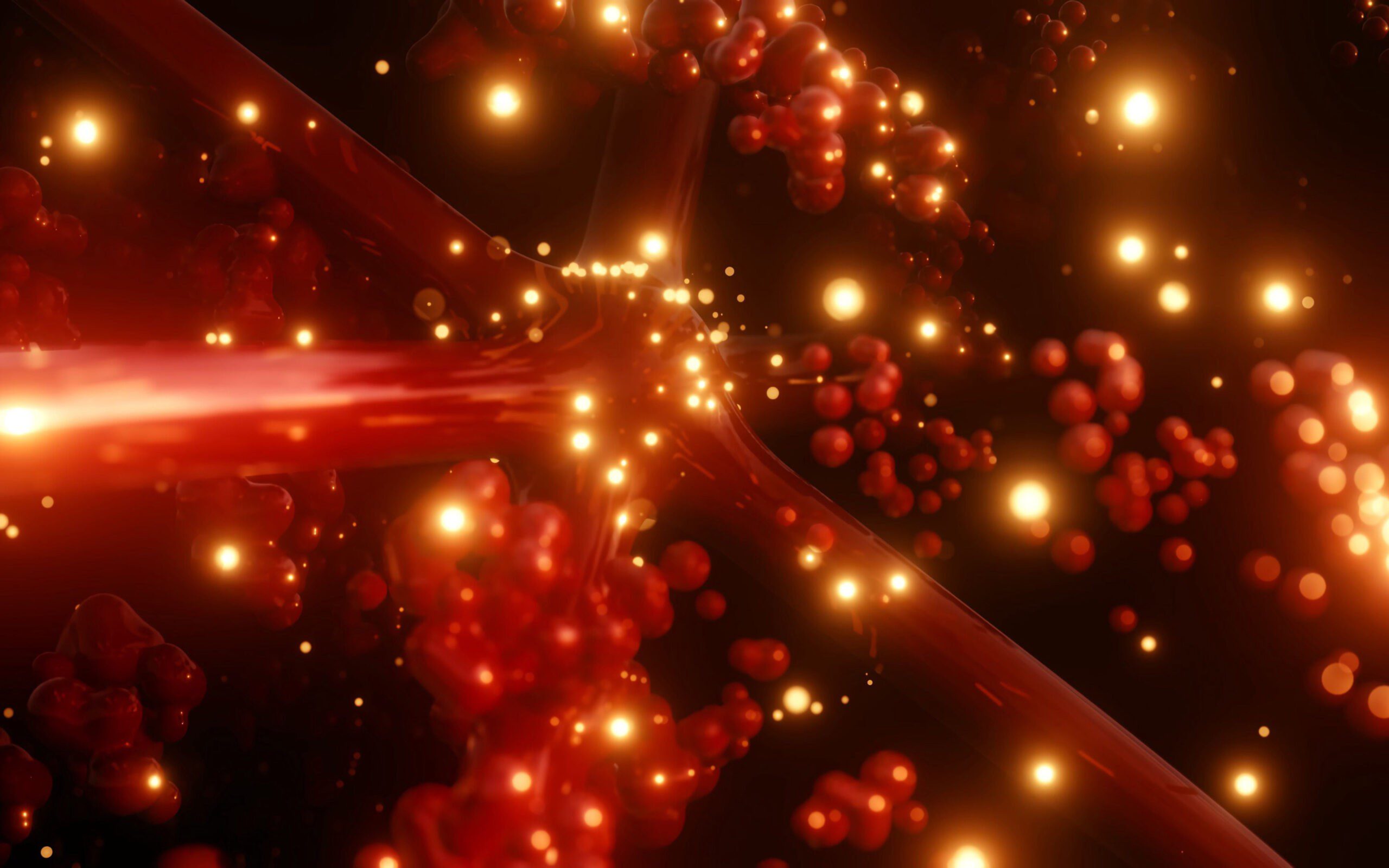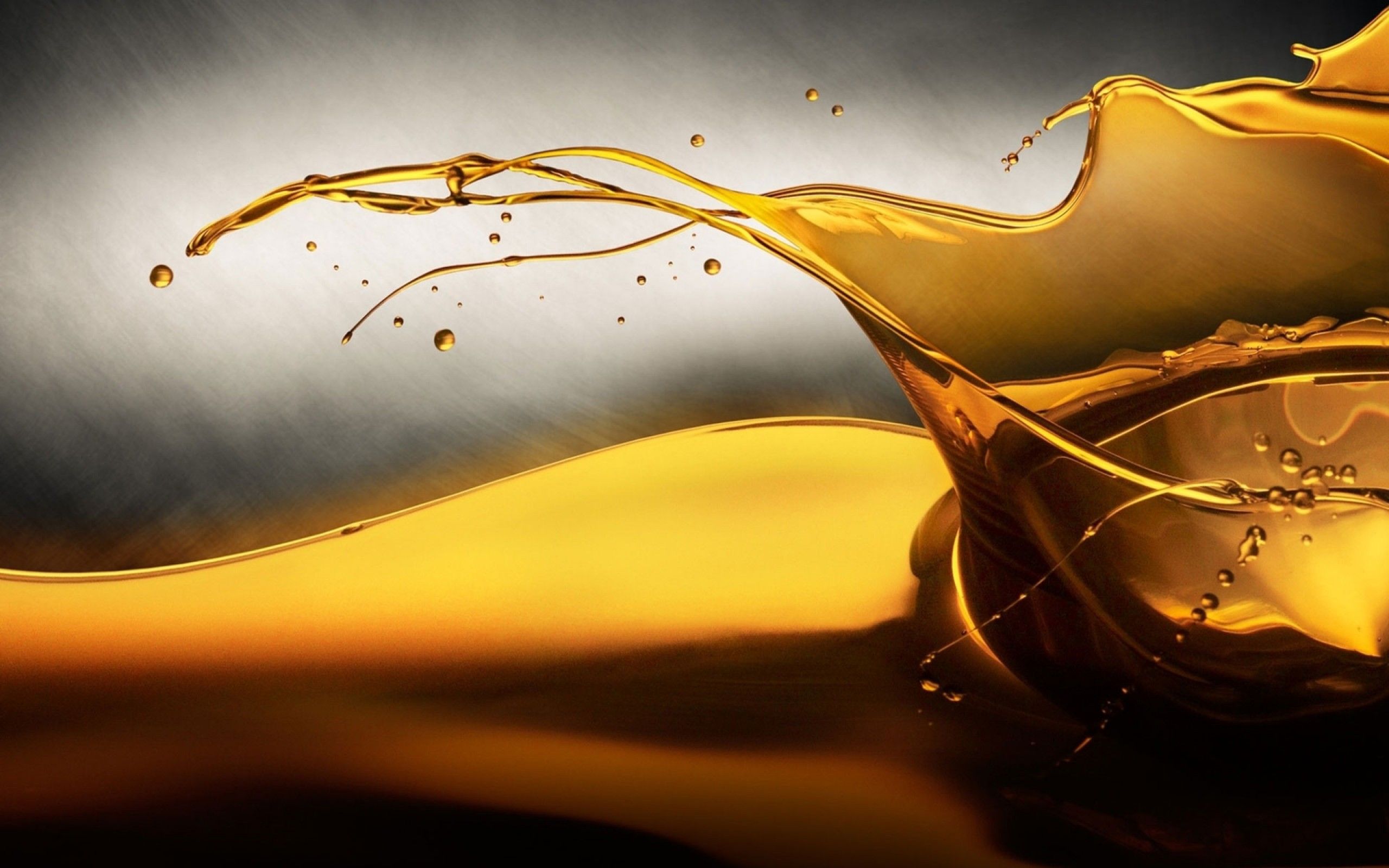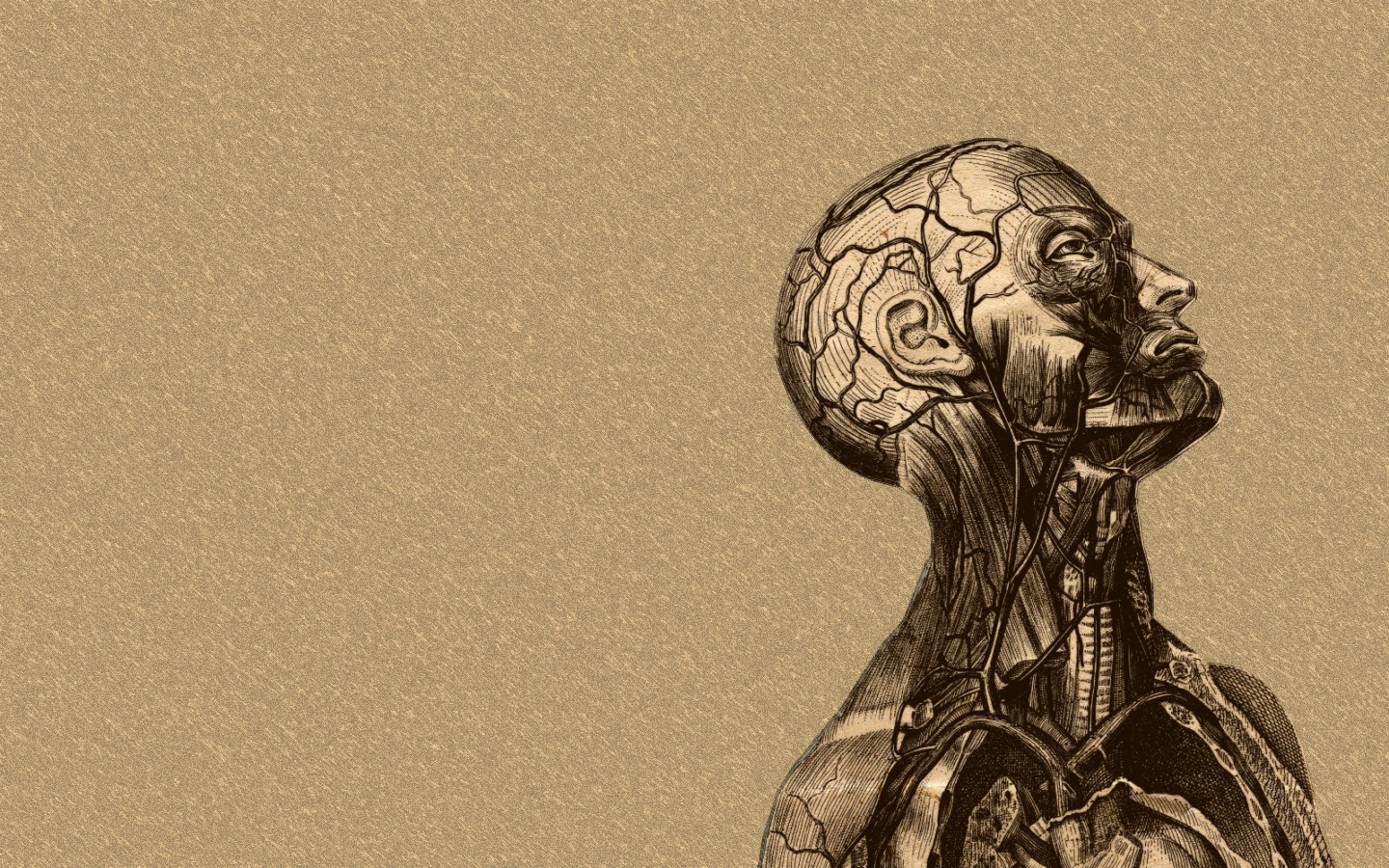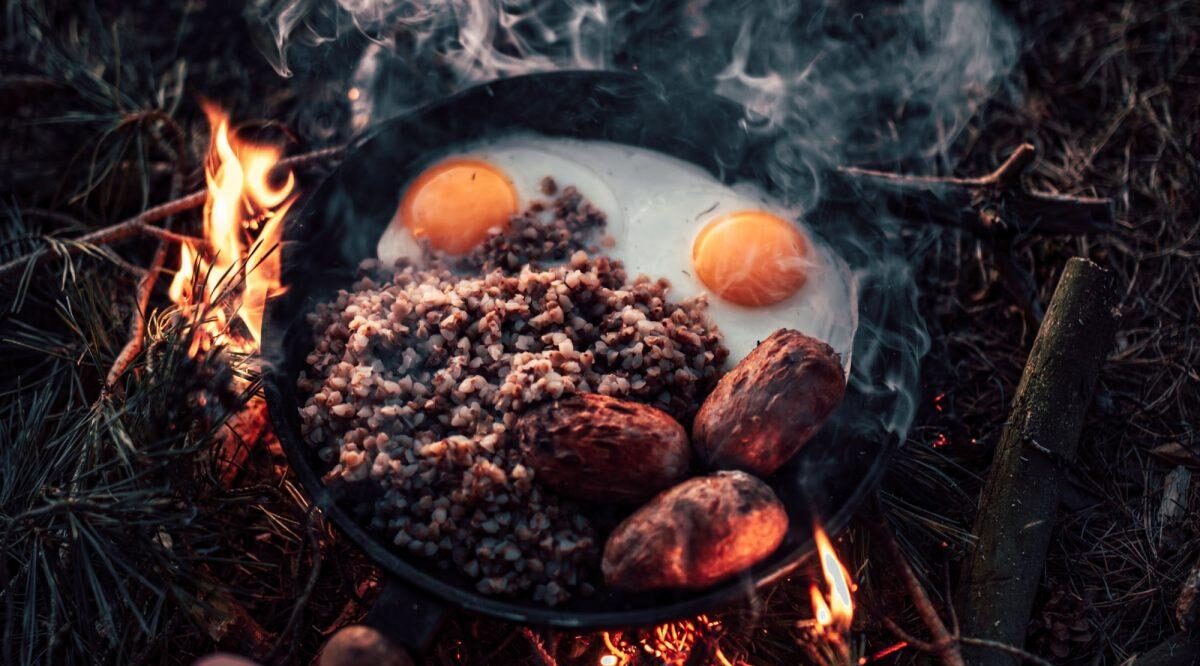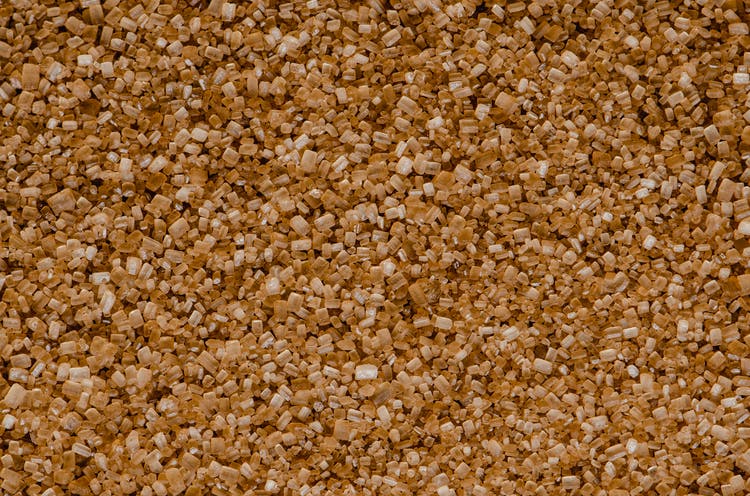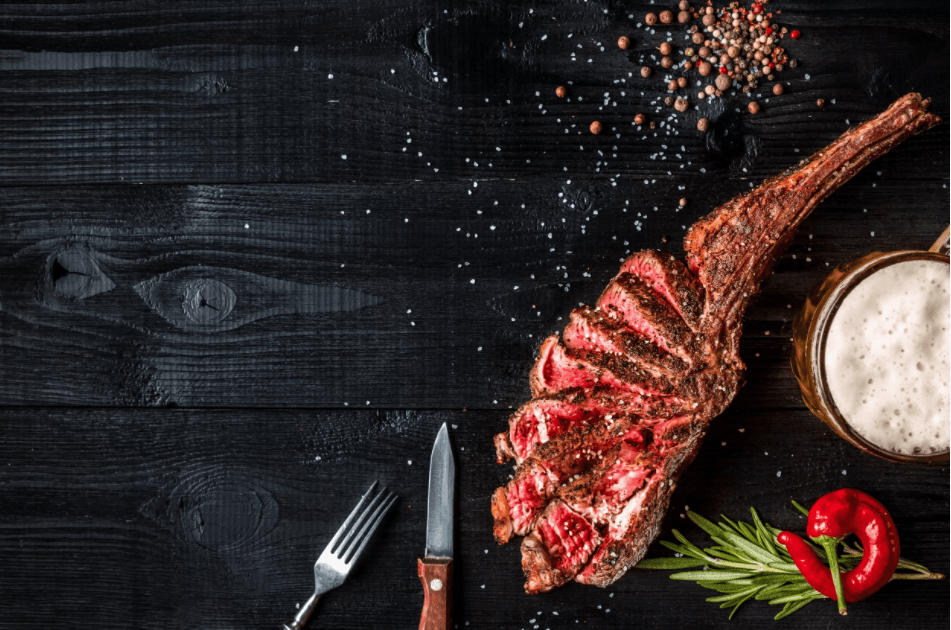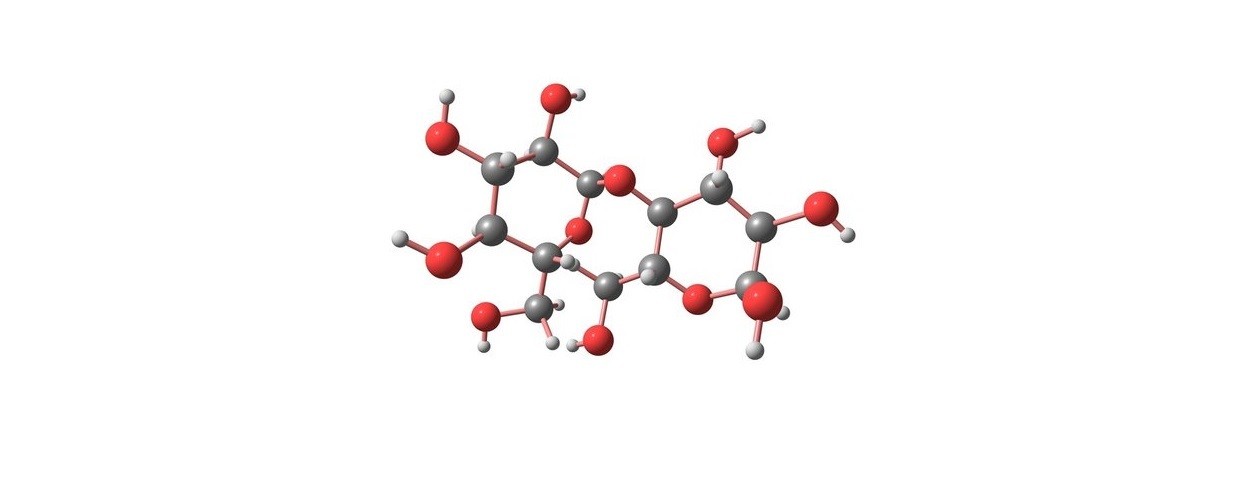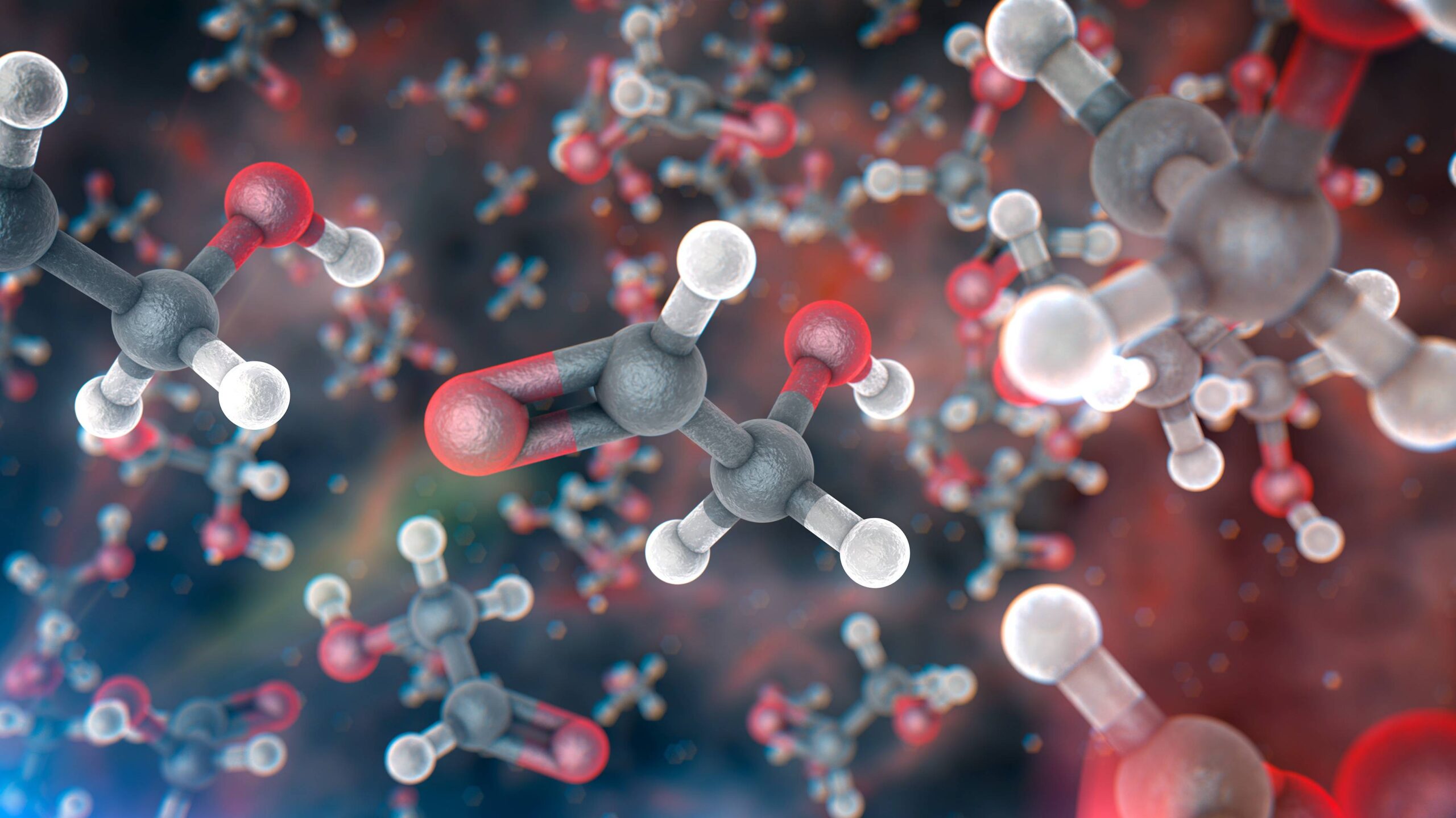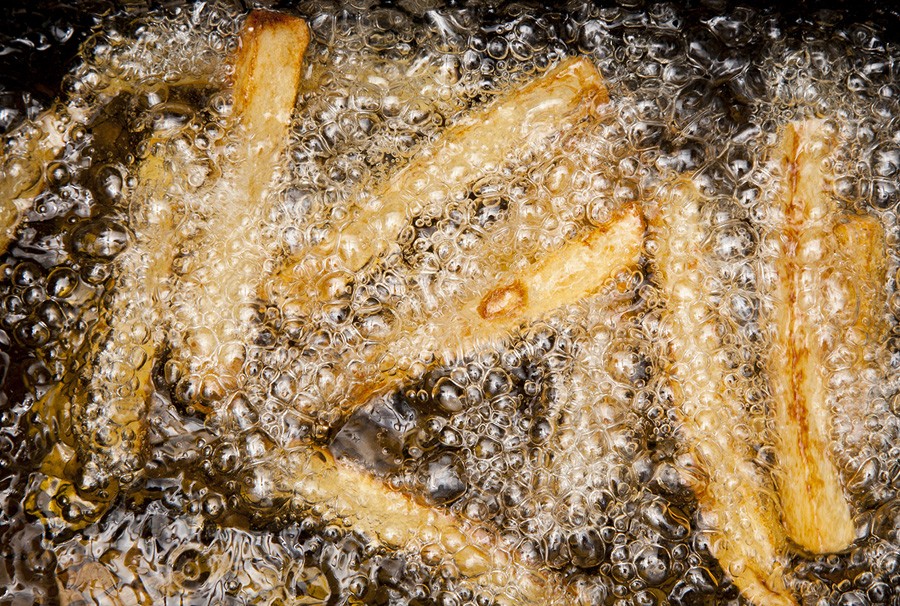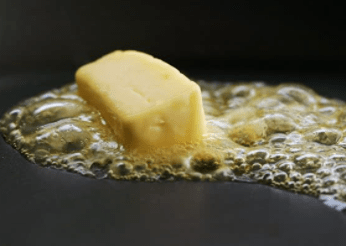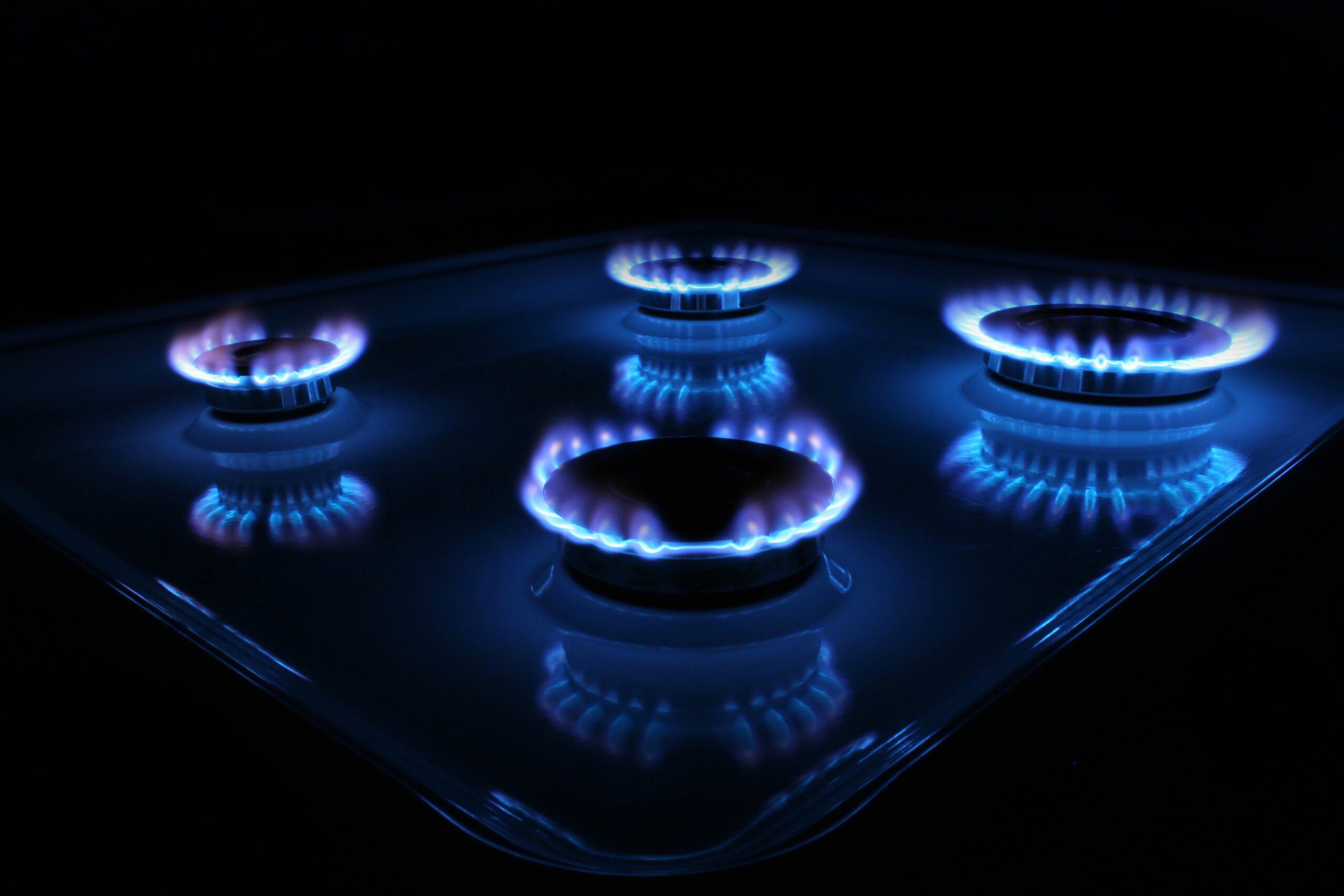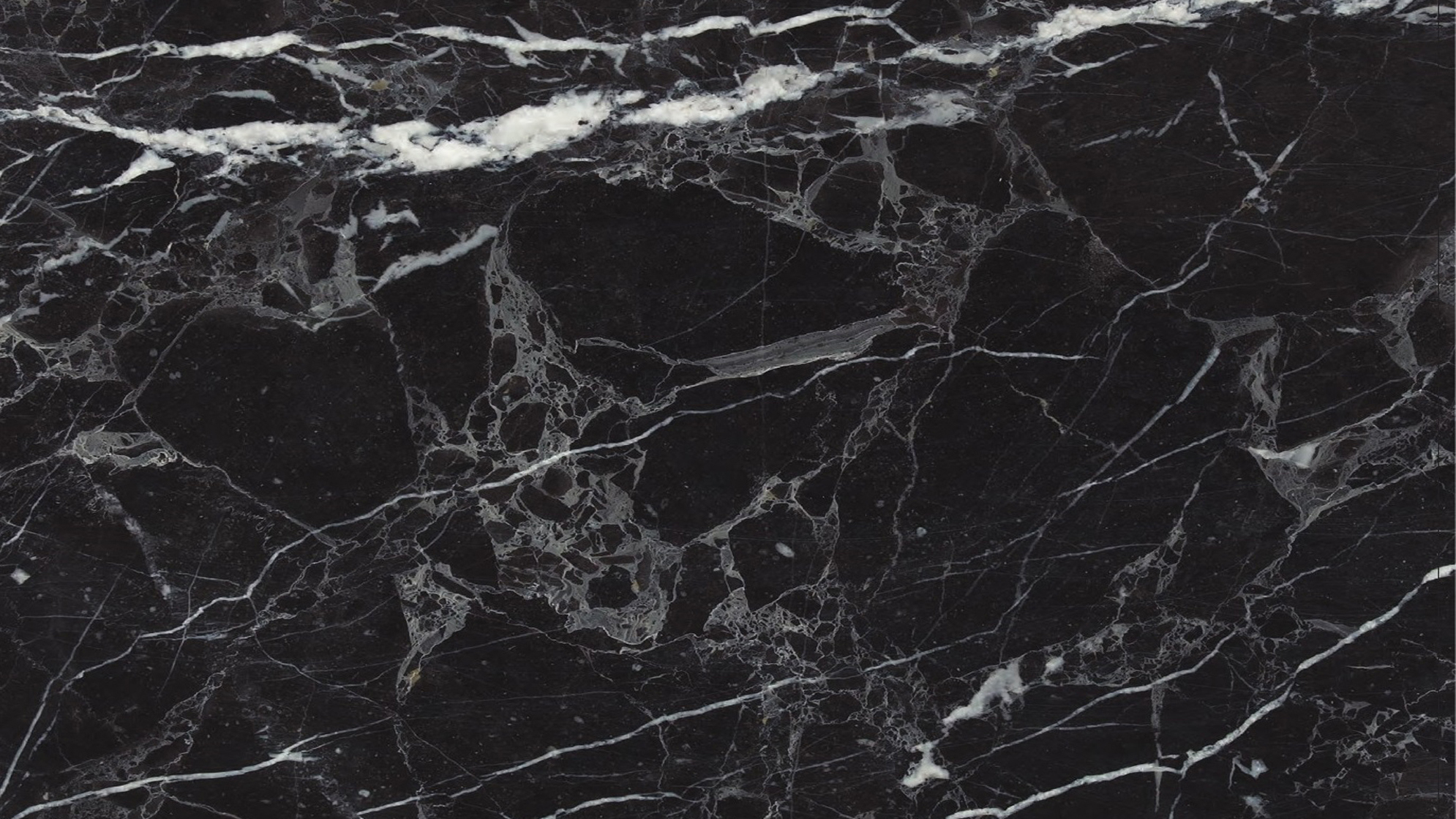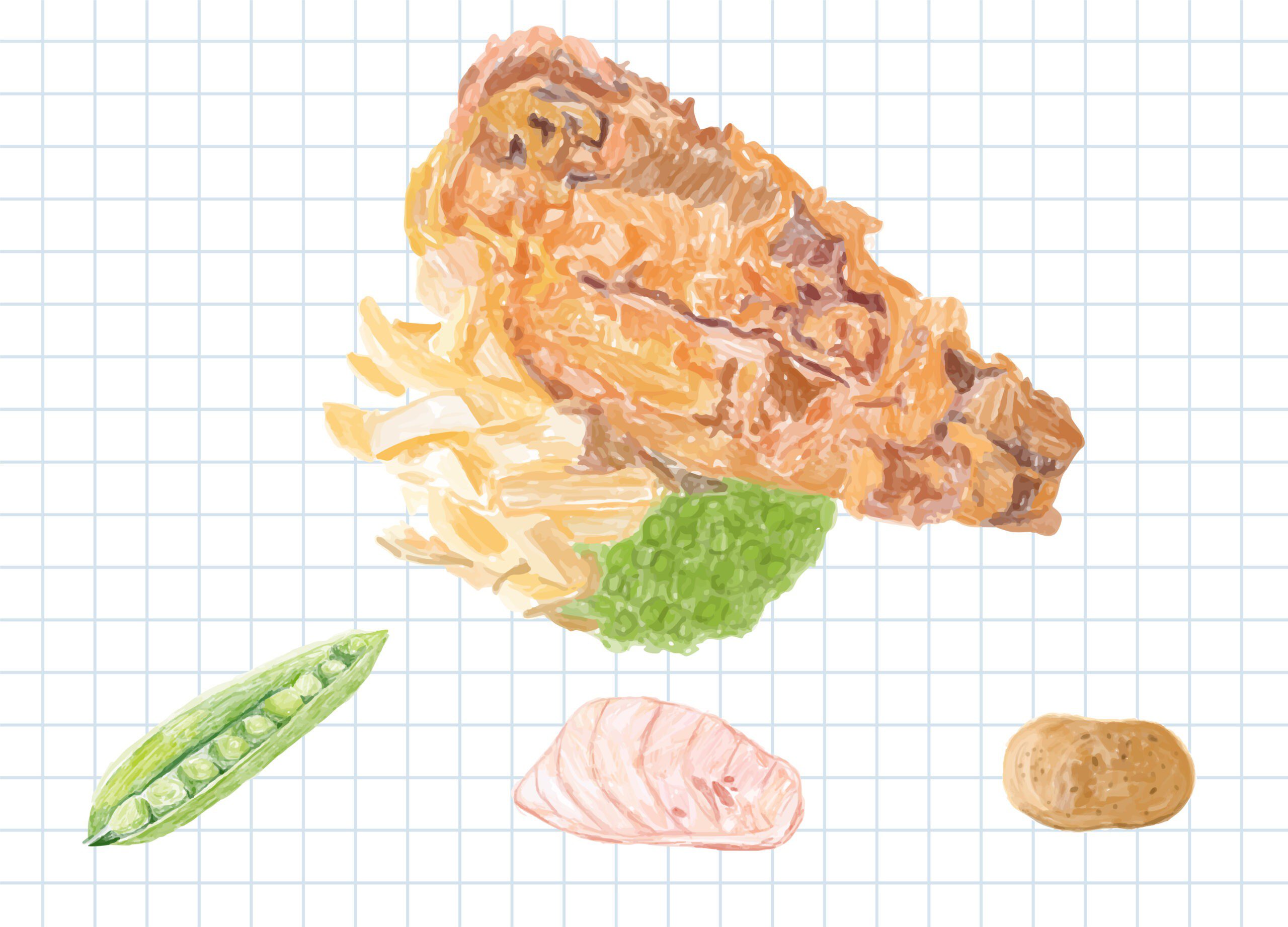
“Crispy or Crunchy?”
What’s the difference between crispiness and crunchiness? Is apple crunchy or crispy? What about a potato chip?
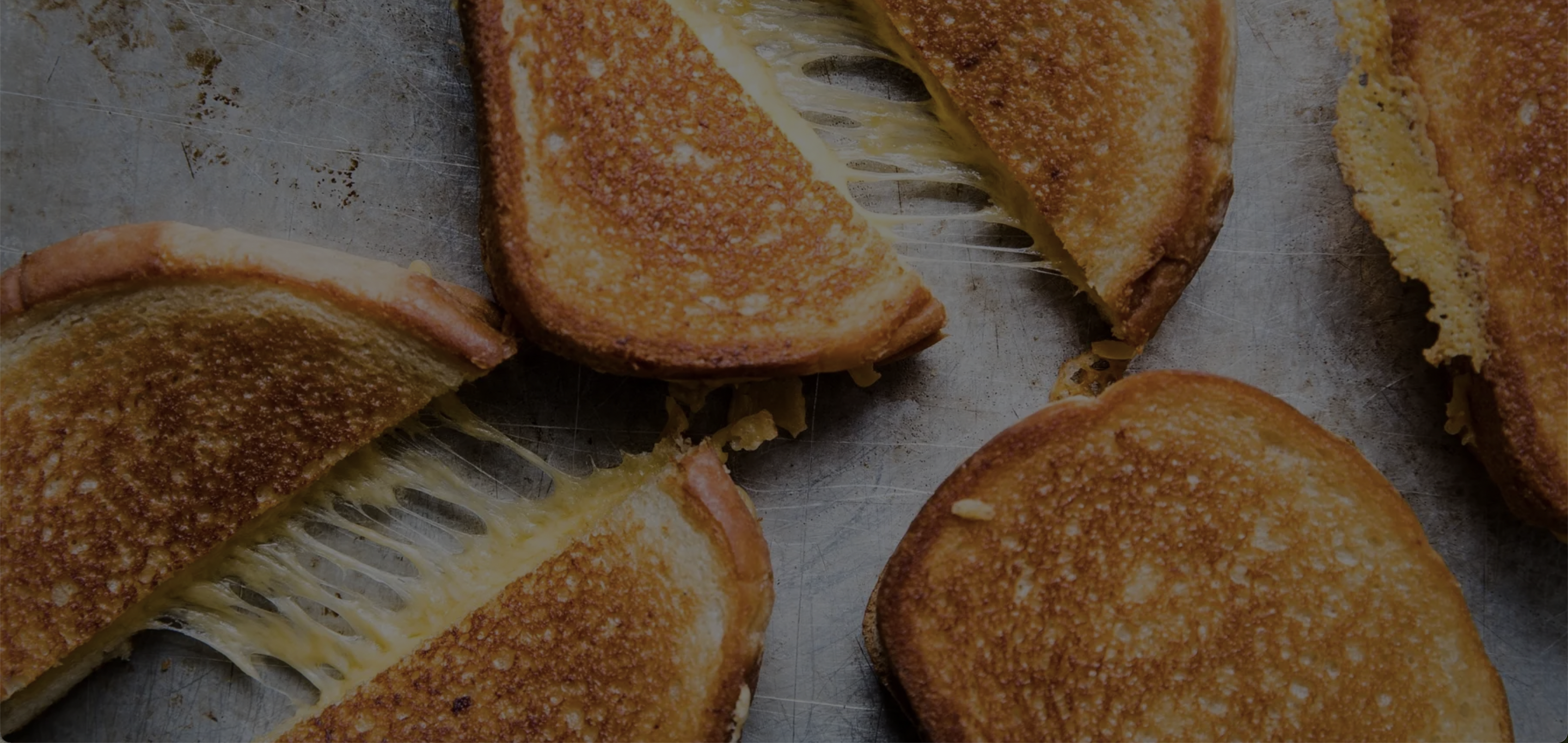
“Why is it stringy?”
Why do some cheeses have that peculiar stringy texture? Is it right to call it peculiar?
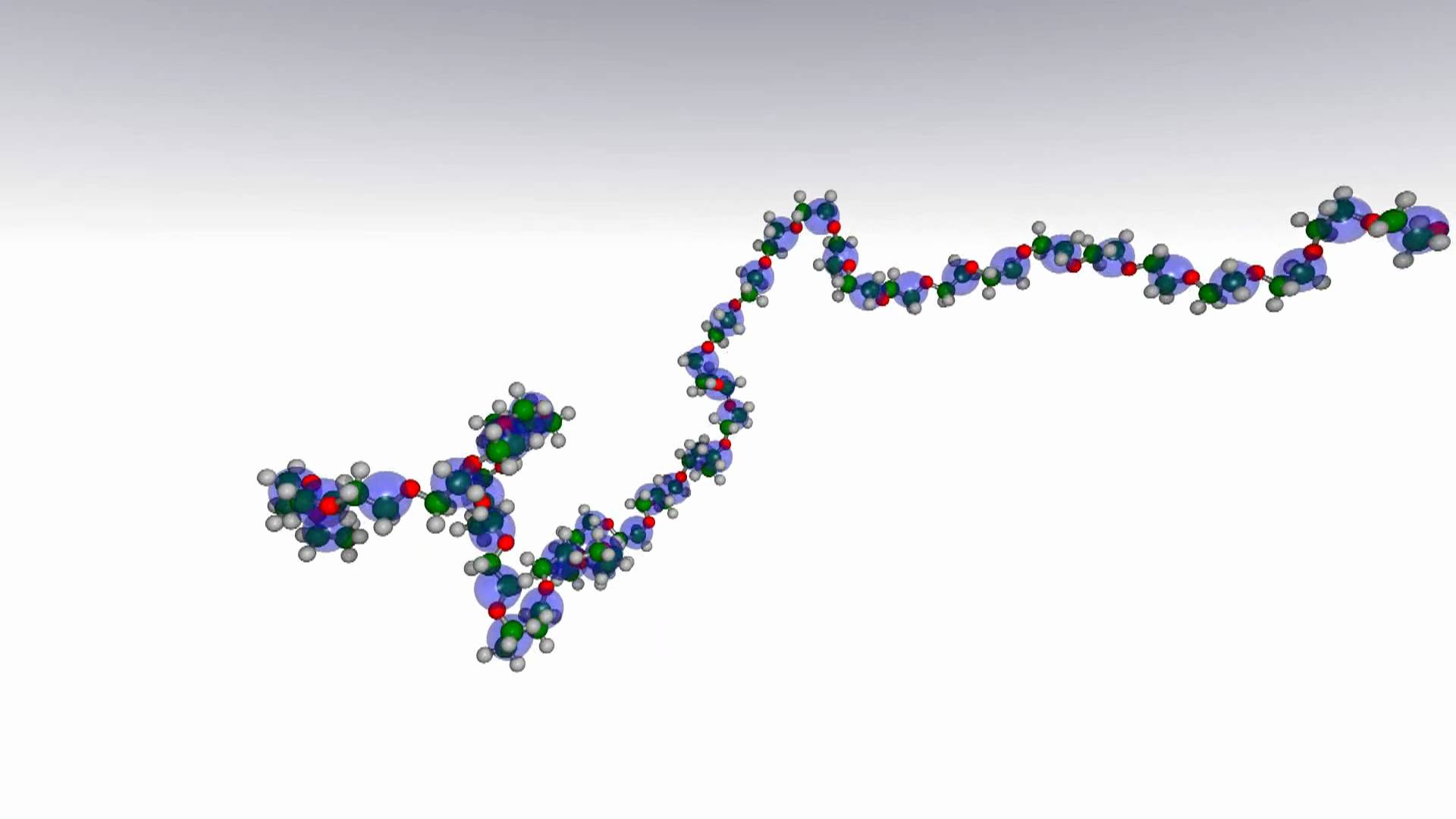
“Carbs are bad?”
What is a glycemic index? How does the transformation of ingredients affect it?
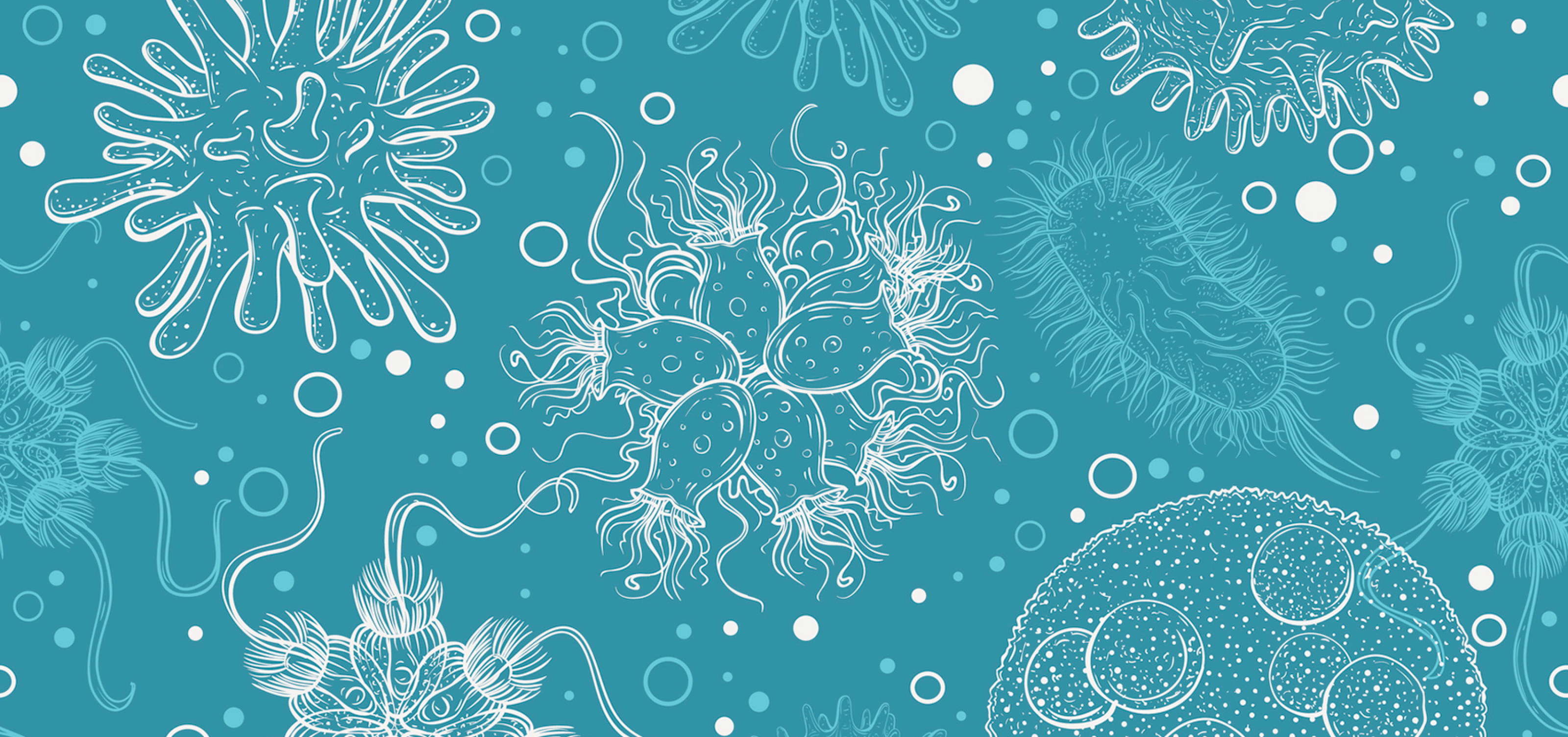
“My sourdough died!”
Why can’t microbes survive certain amounts of acid and alcohol? And how do they die?
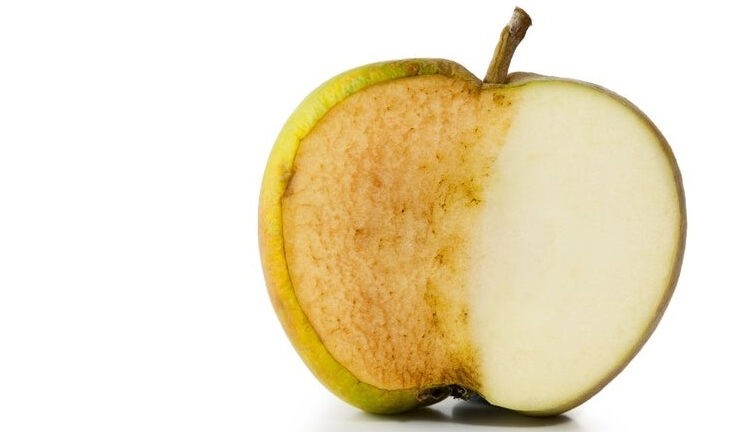
“Smash it! It’ll taste sweeter.”
Why do brown or bruised parts of fruits often taste sweeter?
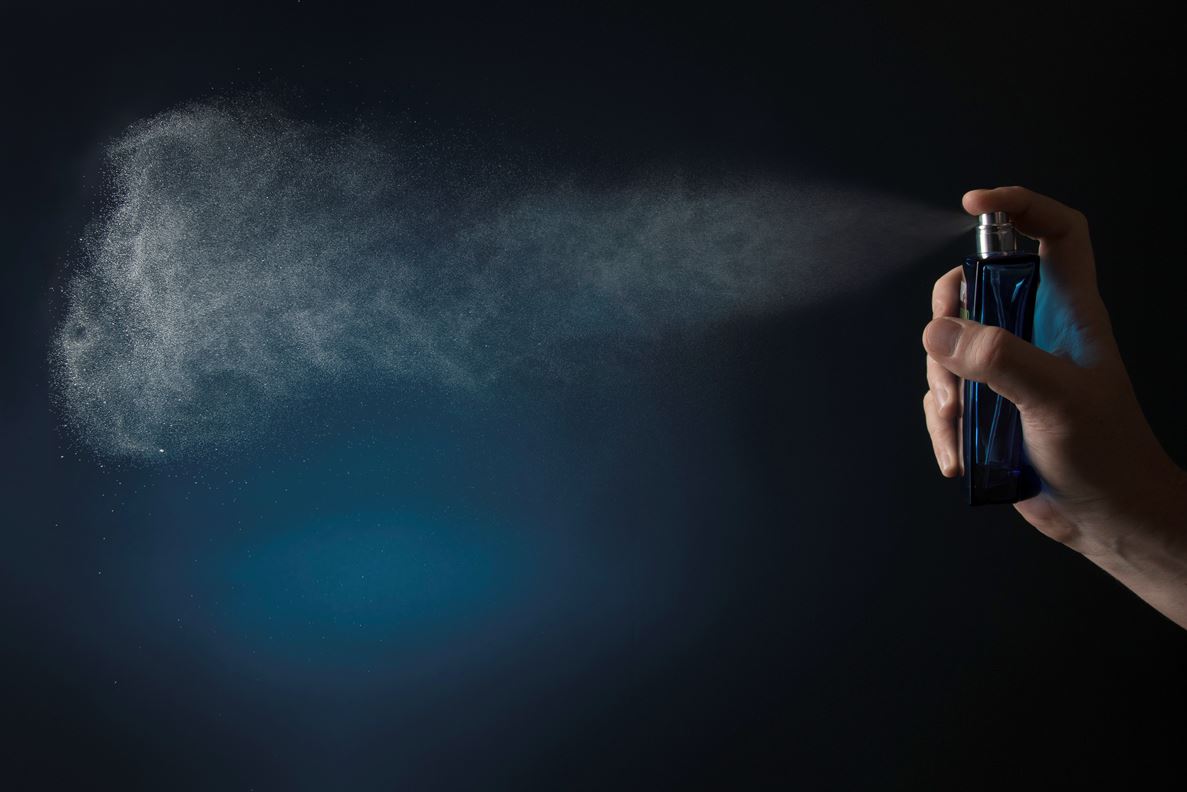
Essential oil is an unfortunate name!
Are essential oils really essential like amino acids that we must have in our diets?
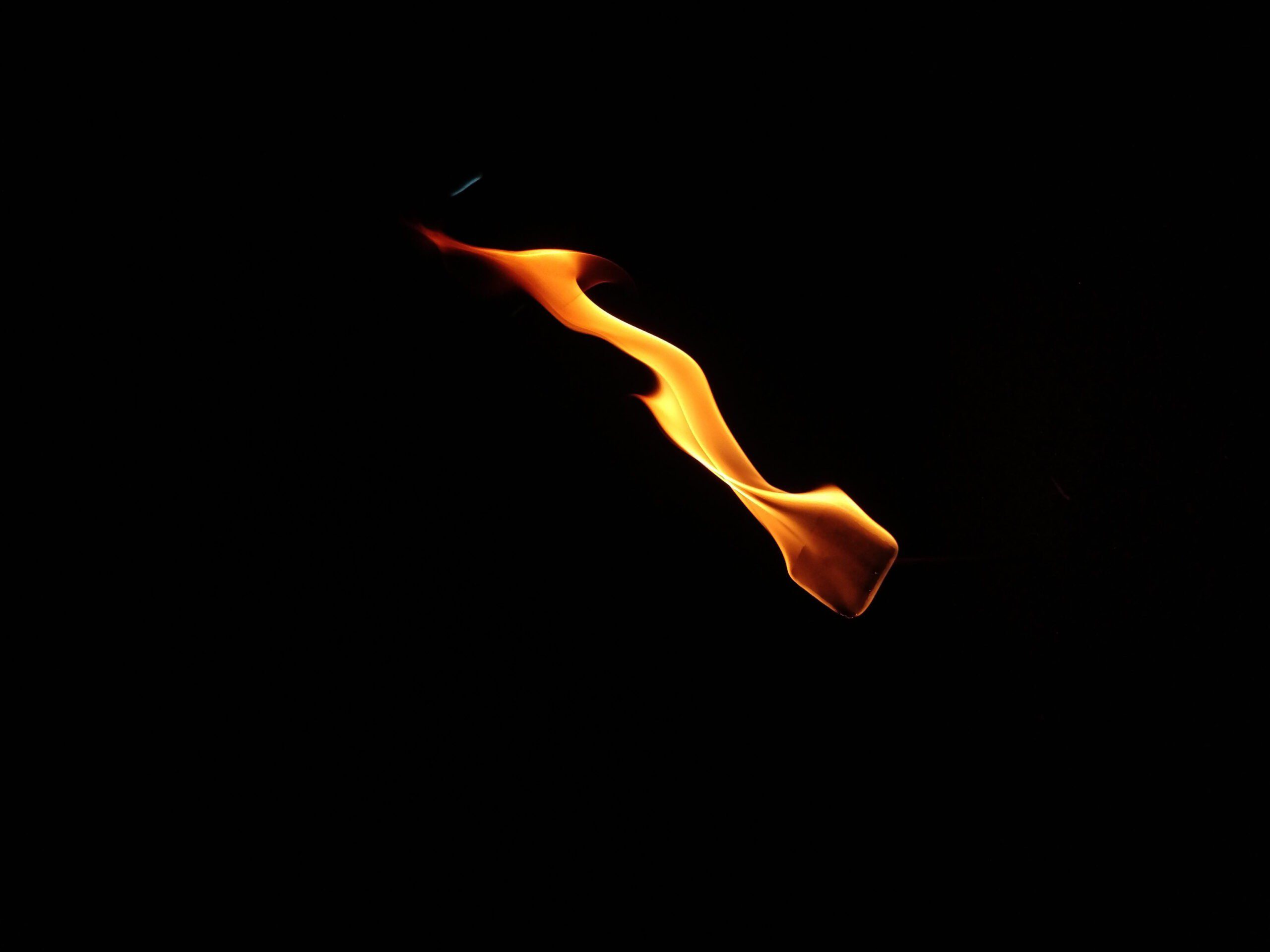
Why is eating heat make me fat?!
Why do consuming calories, a unit of heat, plump us up? Will eating cold help?
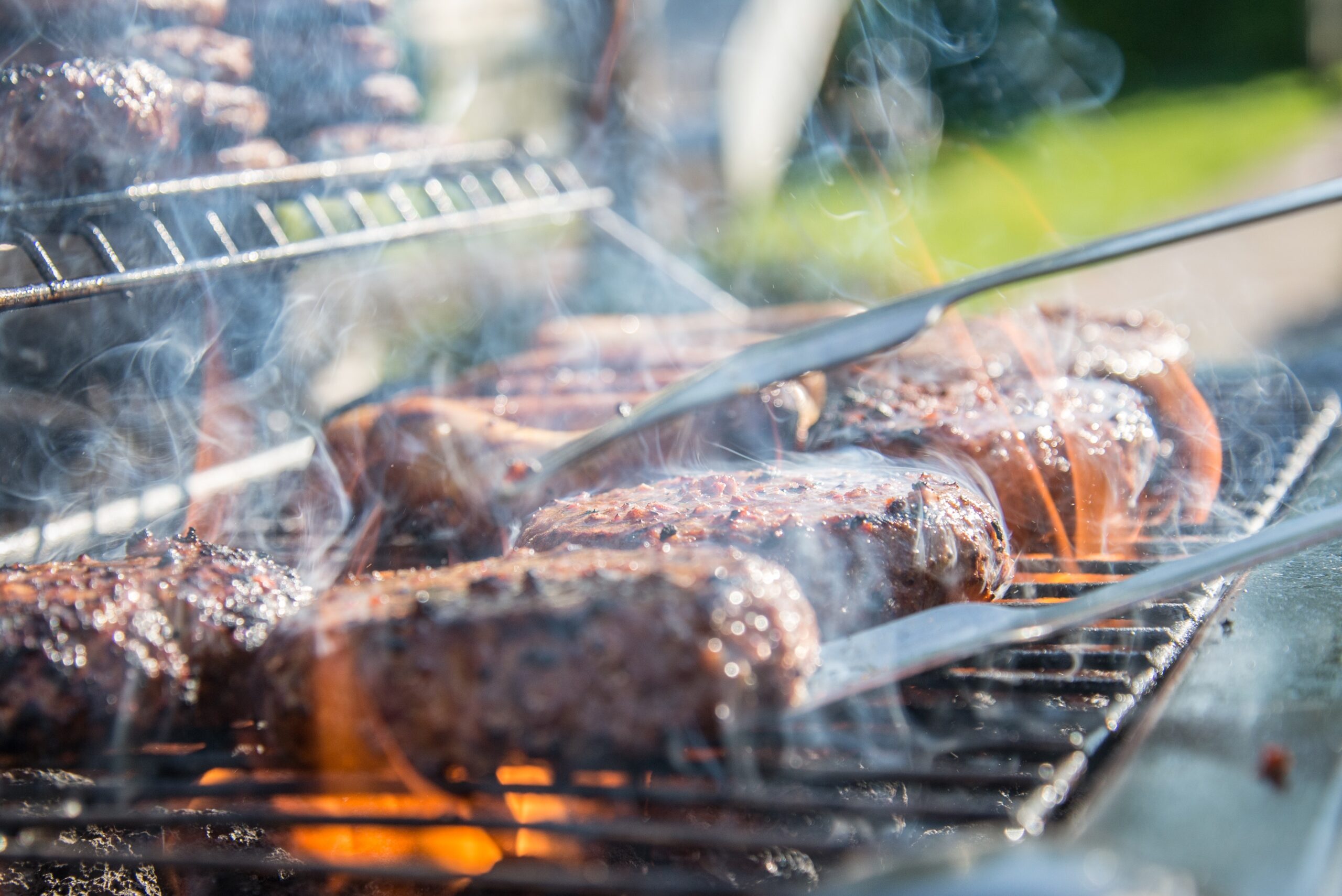
“Give it some time to penetrate!”
When should we salt the meat? Before or after or during grilling?
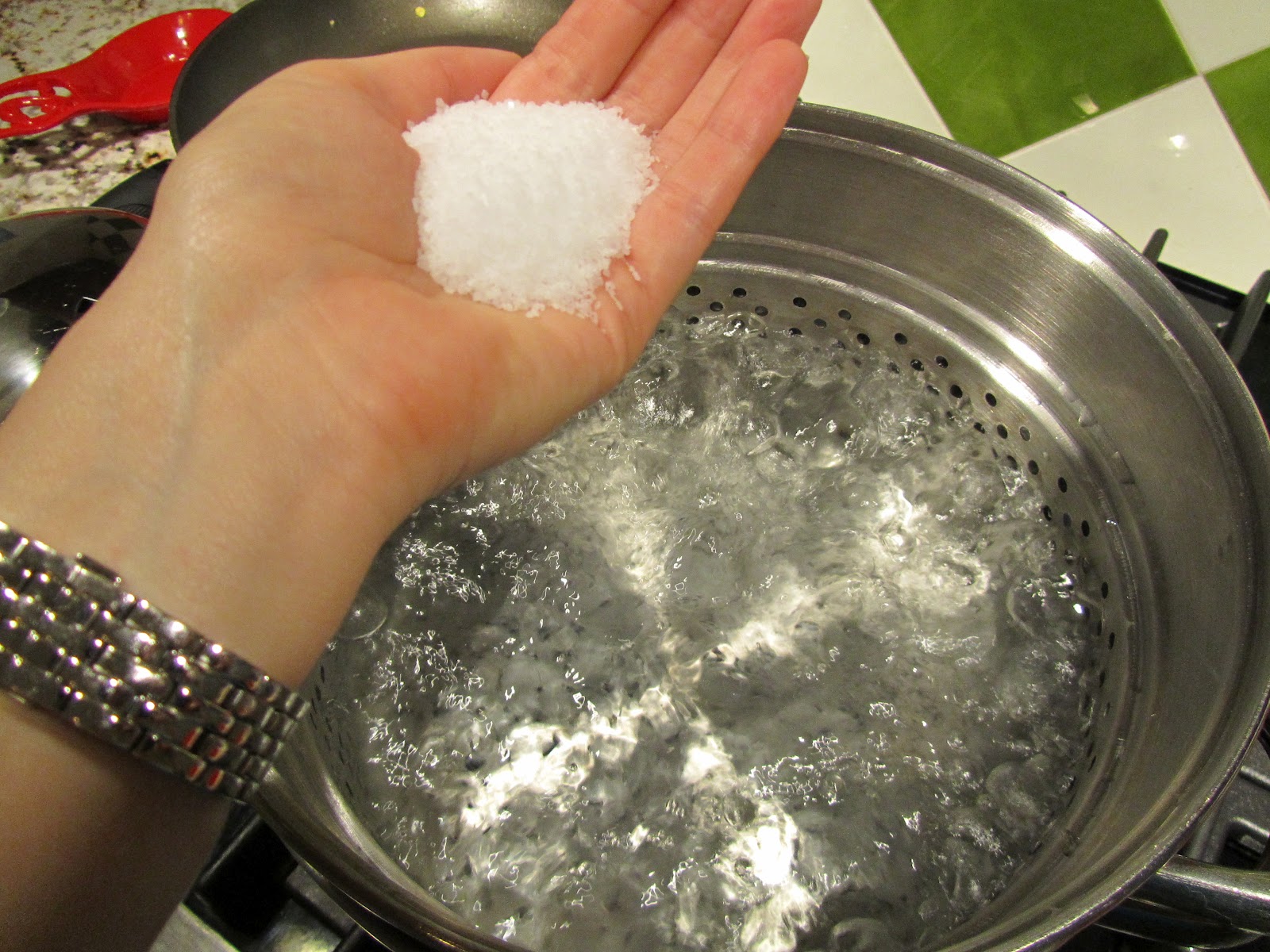
“Add salt, time is money!”
Does adding salt really cook the pasta faster while boiling? When should we add salt anyways?
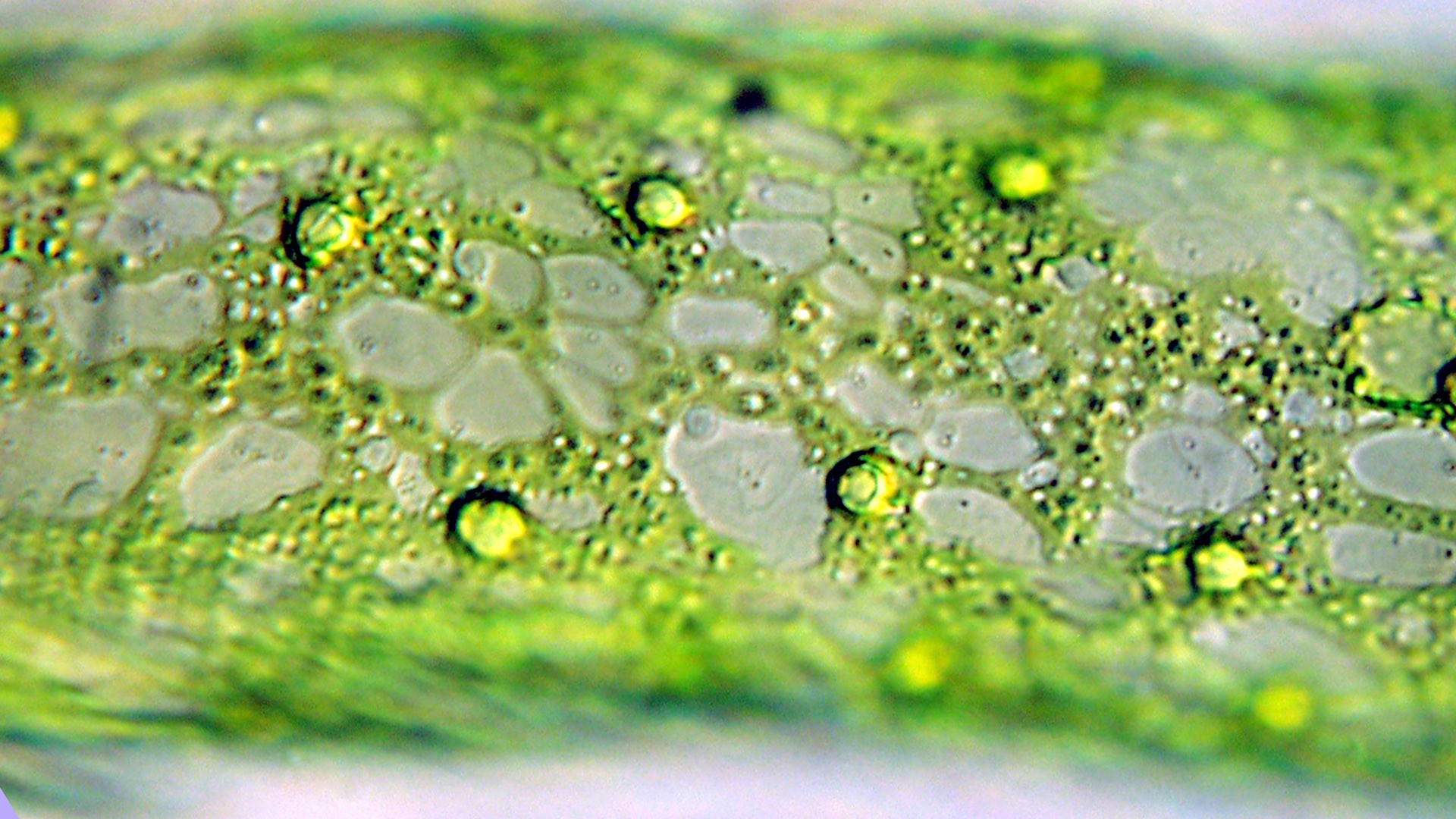
“Add some soda! It’ll help!”
Should we add baking soda while cooking greens? What does it do?
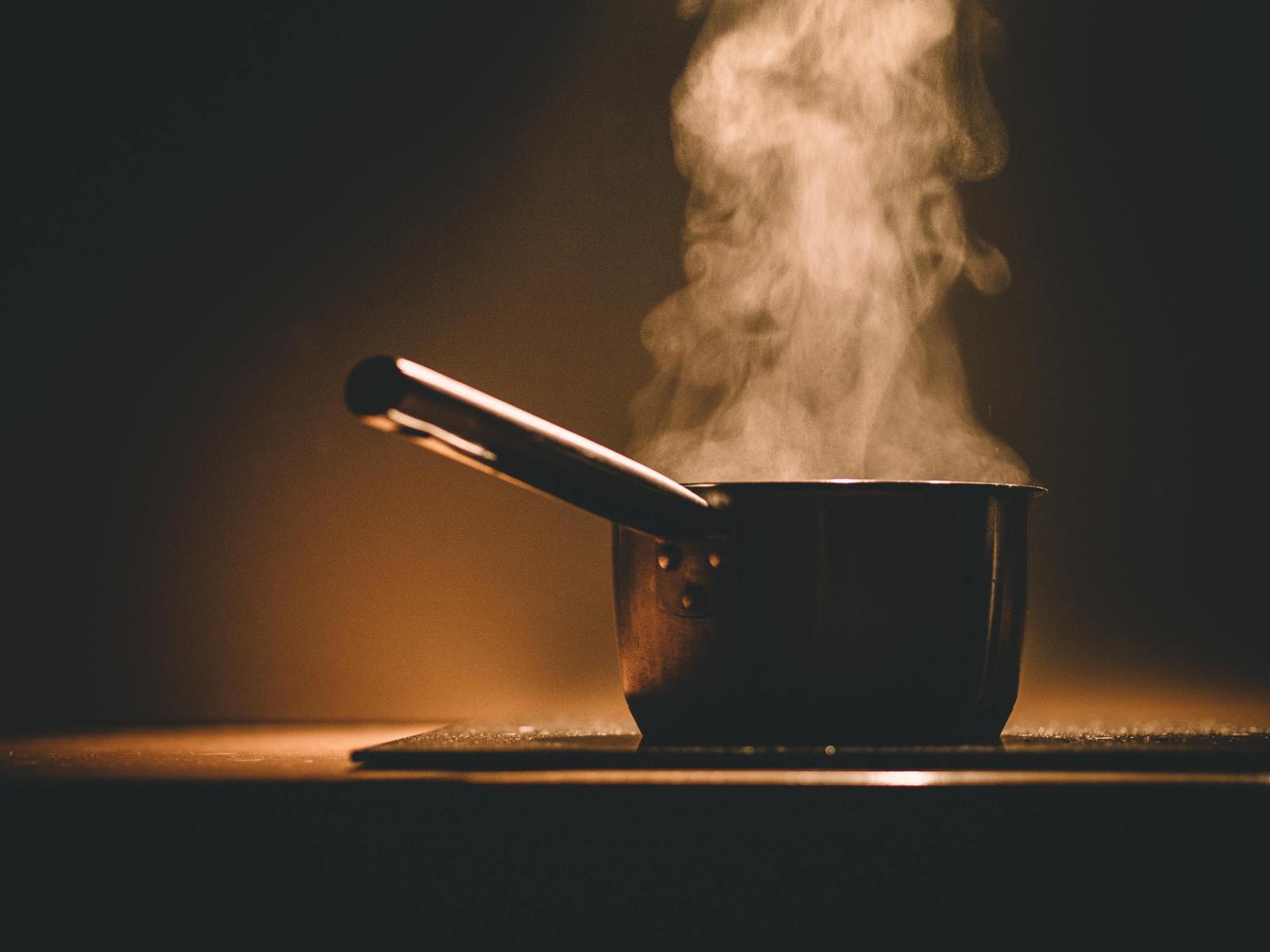
“Induction Cooktops? Nah!”
How do induction cooktops work? Are they better or worse than a traditional gas stove?
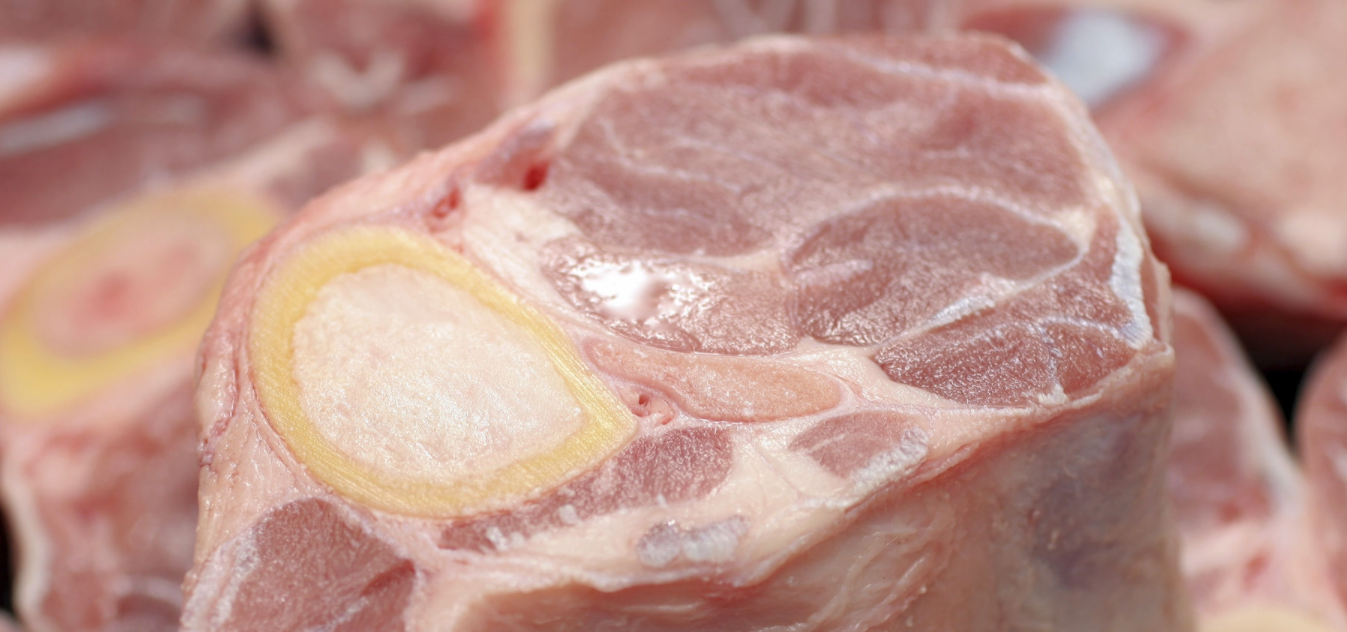
“Start with Cold Water!”
Is it true that we must put the bones in cold water to start off a stock?
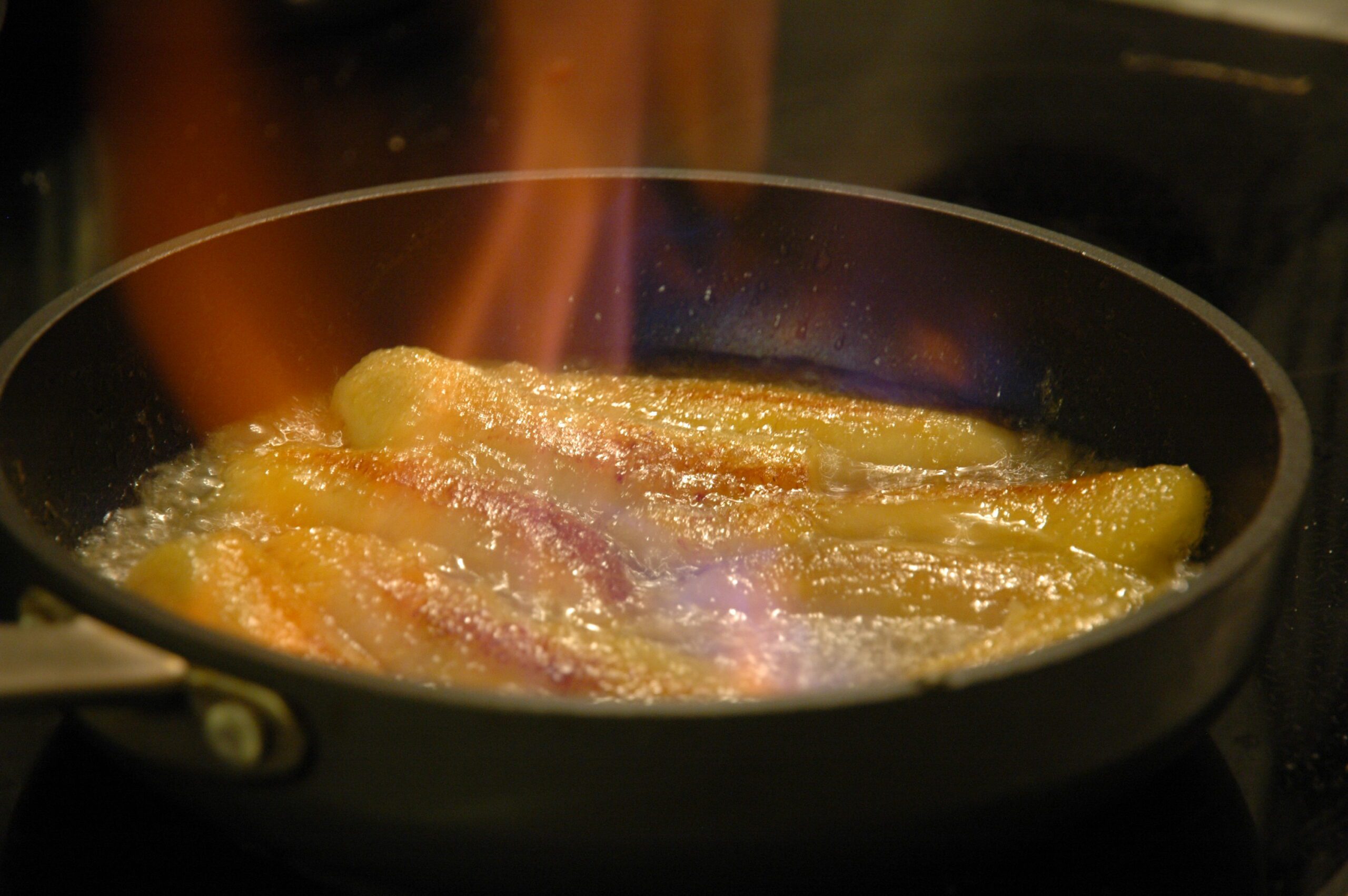
Can we get a buzz off of a Baked Alaska?
How does alcohol help our perception of flavors? Does all of the alcohol ‘burn’ off when cooking?
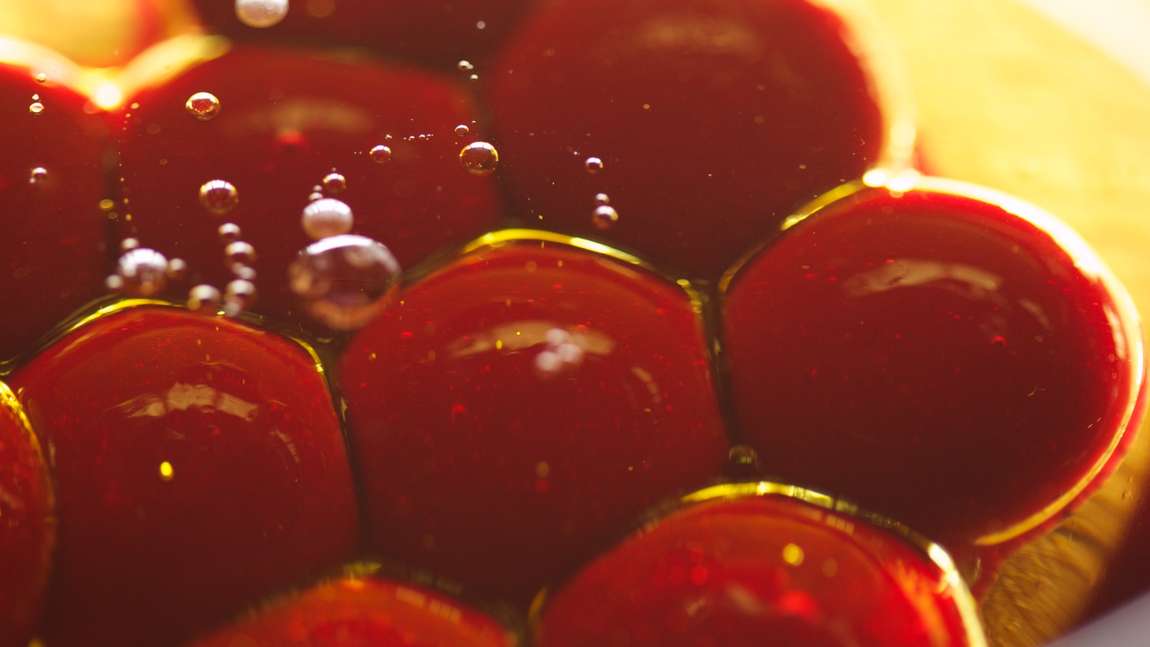
“Spherification, Eureka!”
What is spherification? How does it work? How long to “cook” the spheres?
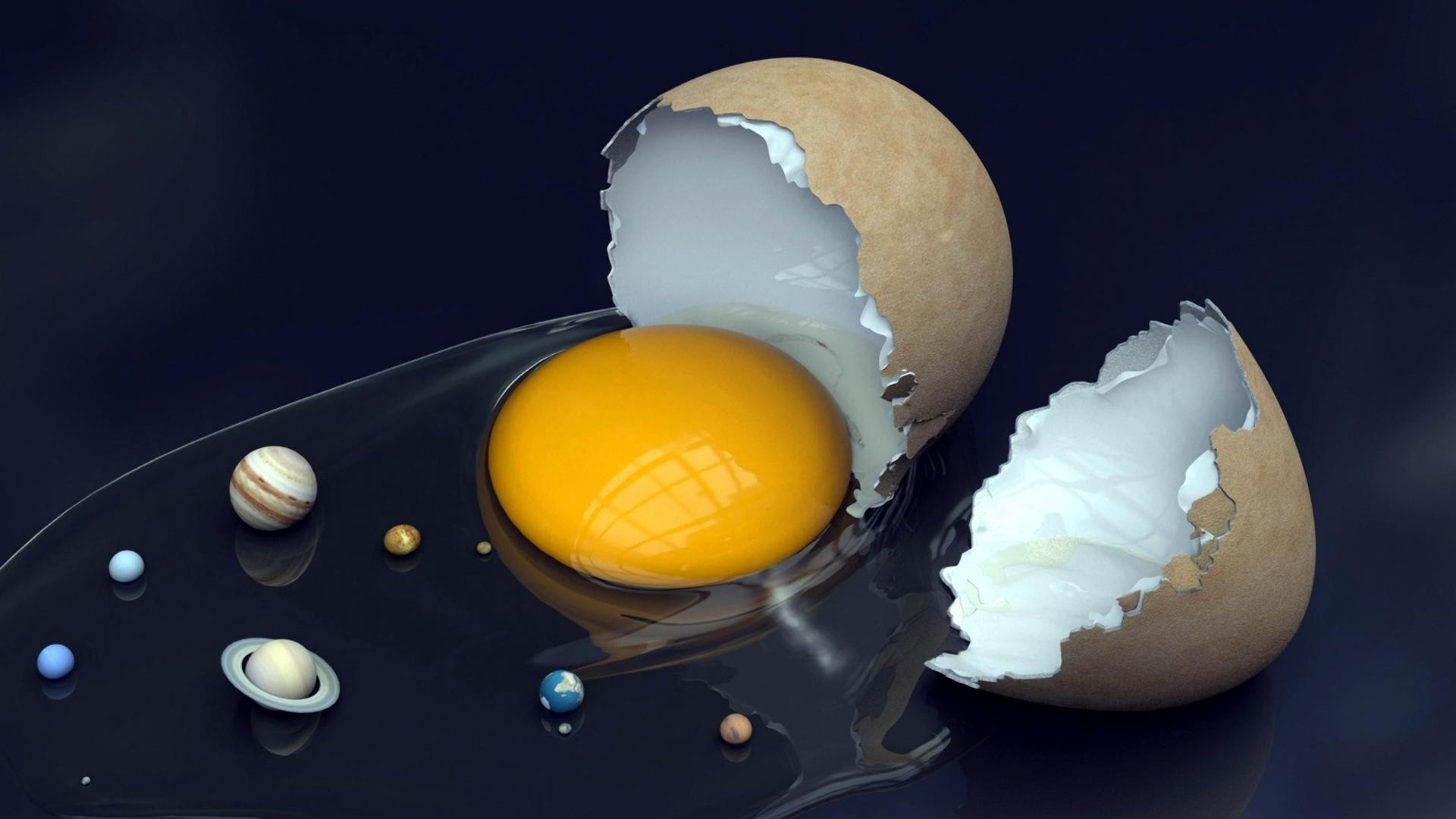
Egg an epitome of Versatility.
How does an egg cook? Why does yolk cook slower? Effect of pH on the egg and more.
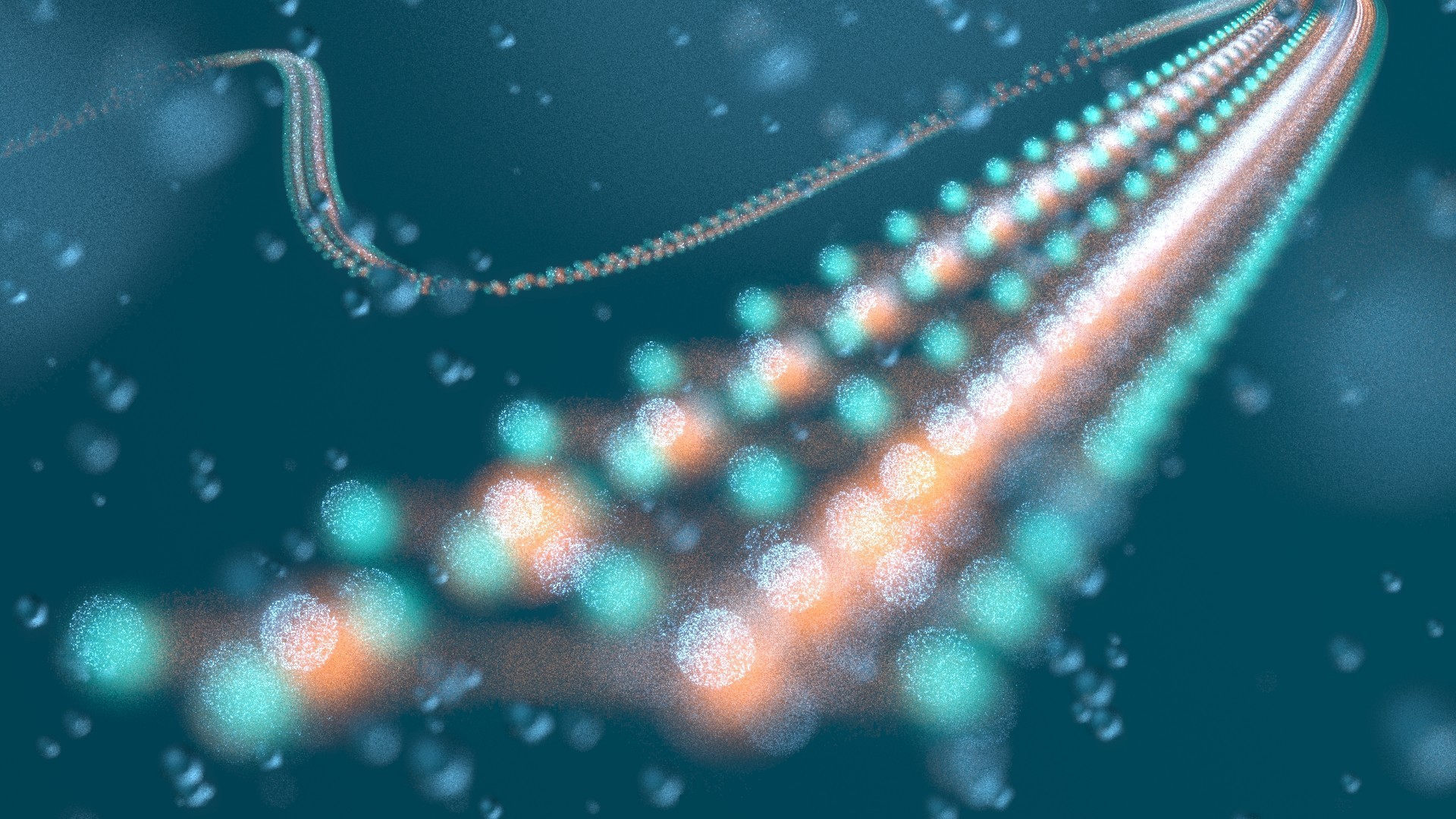
Why doesn’t anything stick to non-sticks?
How do they “non-stick” the pan? Will superglue stick to nonstick?
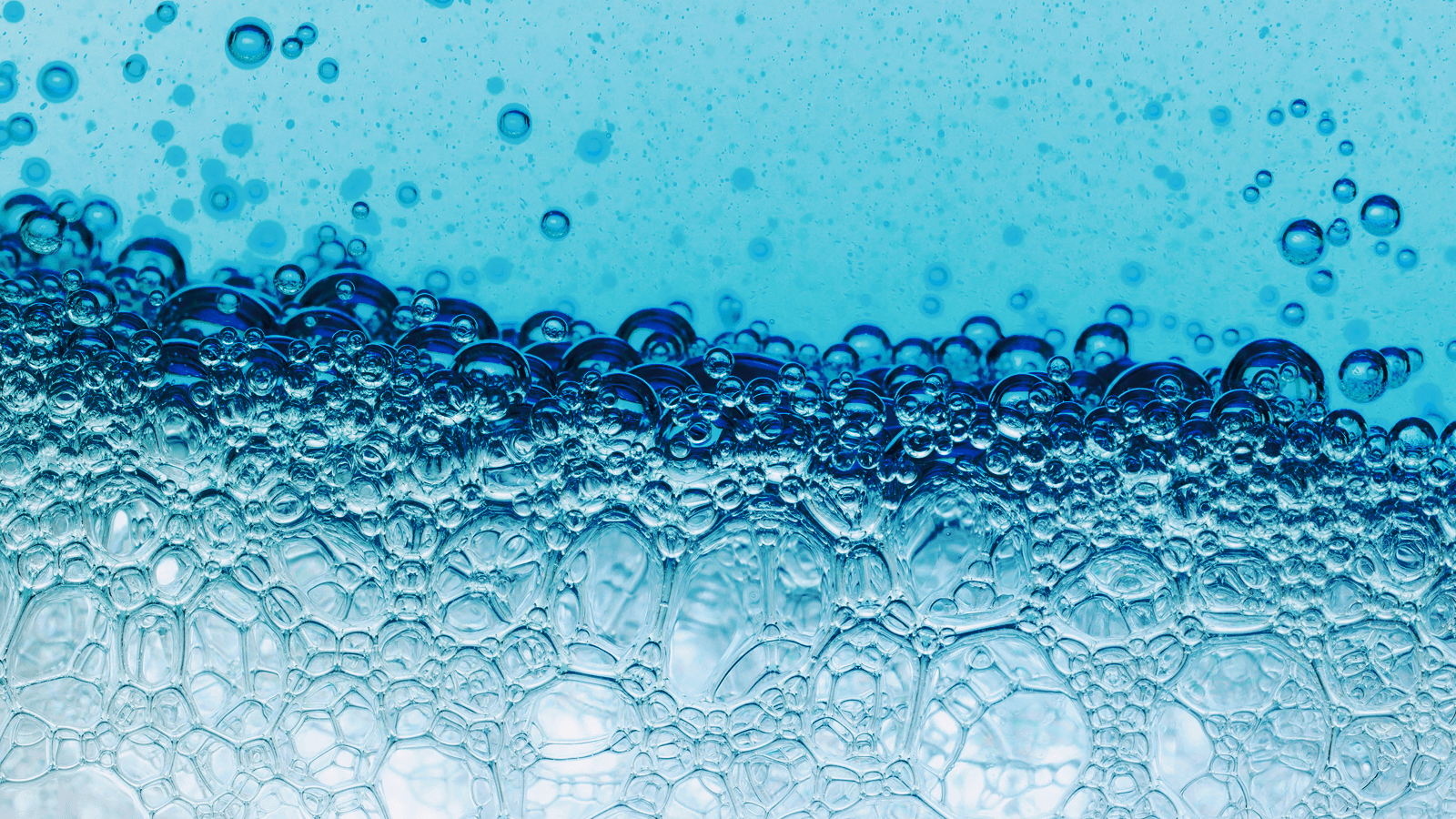
“You need another yolk!”
Understanding Mayonnaise! Can we salvage it without using another yolk?
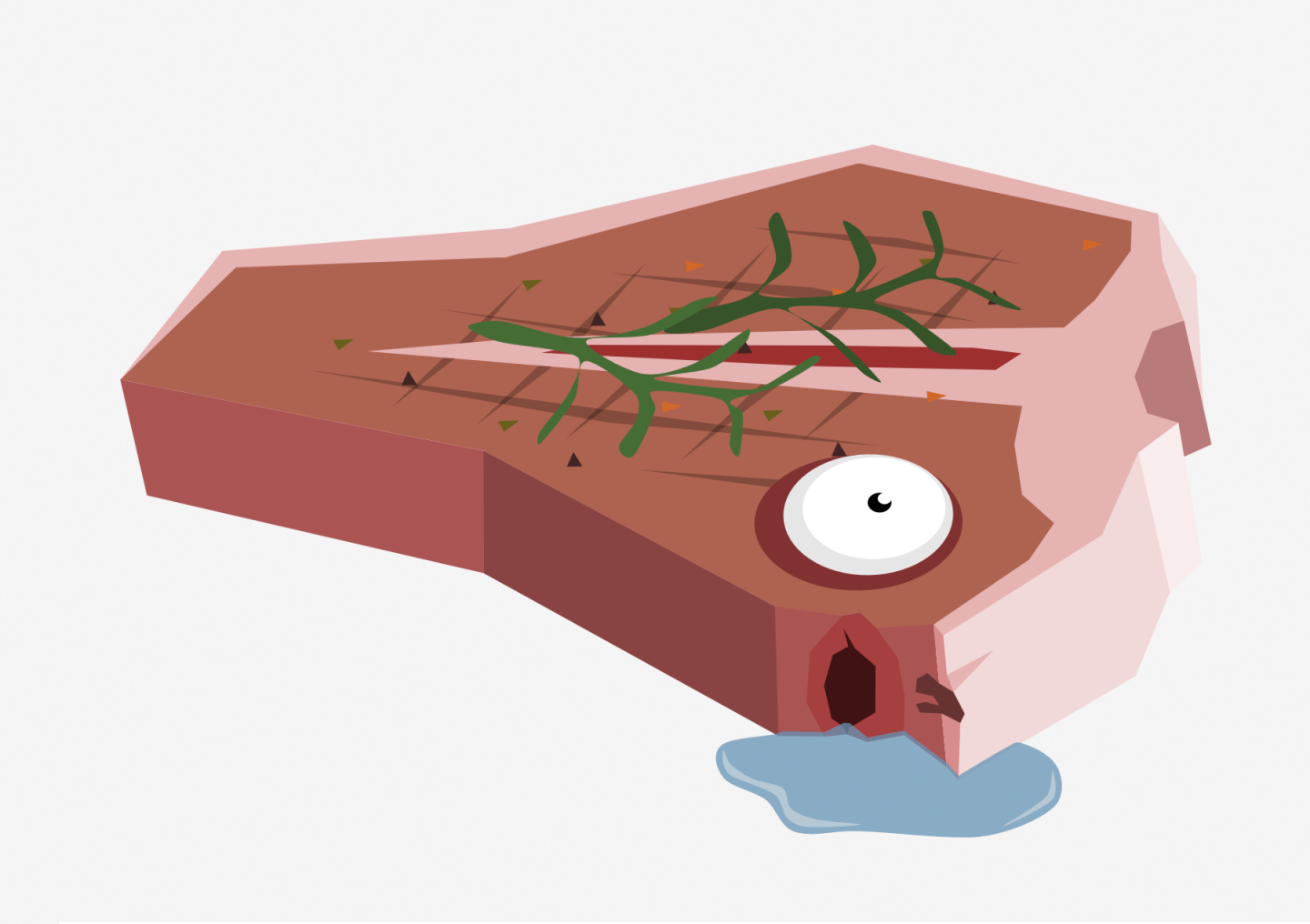
“Let it Rest. Let the juices redistribute.”
What are juices? What is their movement inside the meat when we cook it?
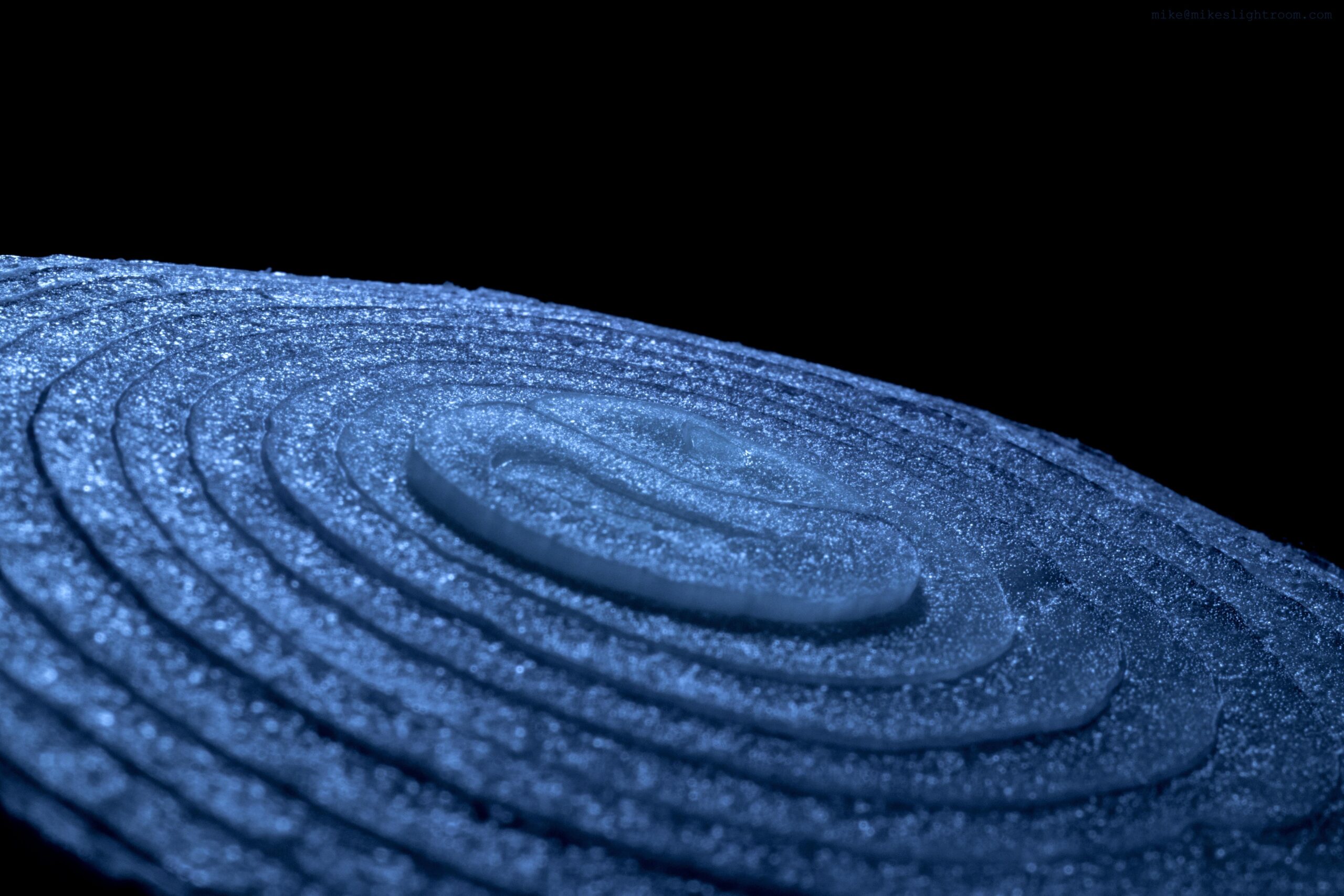
“Caramelize the onions!”
Difference between caramelization, Maillard reactions and enzymatic browinng.

Truth about “The Tongue Map”.
Salty, sweet, sour, bitter, umami? *we’ll only talk about tastes and not flavors.
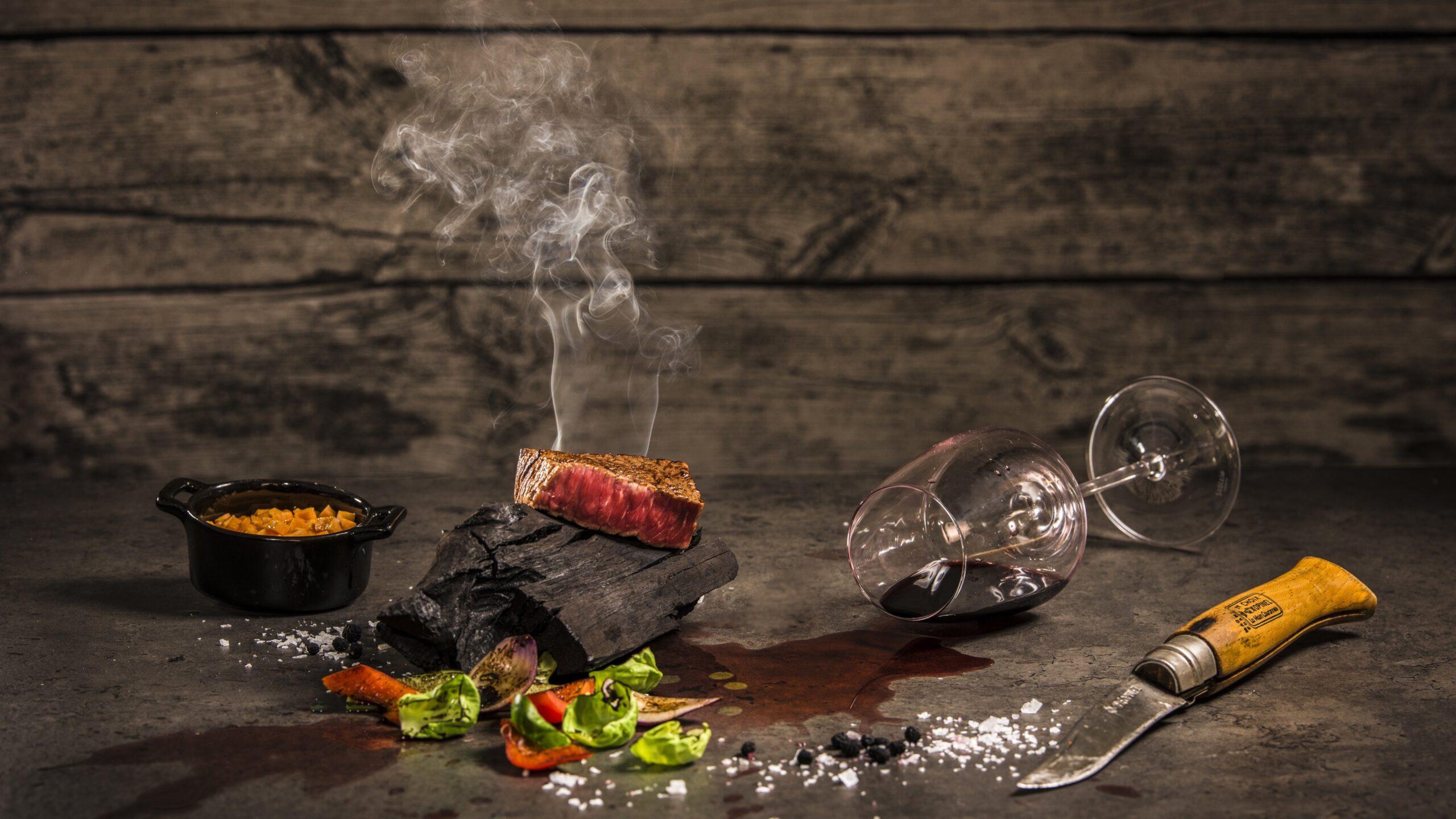
What is cooking?
Heating? Curing? Deep Freezing? *spoiler alter: it’s an opinion, not an answer.
We believe that moving forward with the most appropriate knowledge is the only way to make this world of food and cooking a better place in terms of enjoyment and health.
Want to Join Us?
Write your name and your email and we'll get back to you shortly.
Images From: The resource for the images can be found on each of the article pages.

